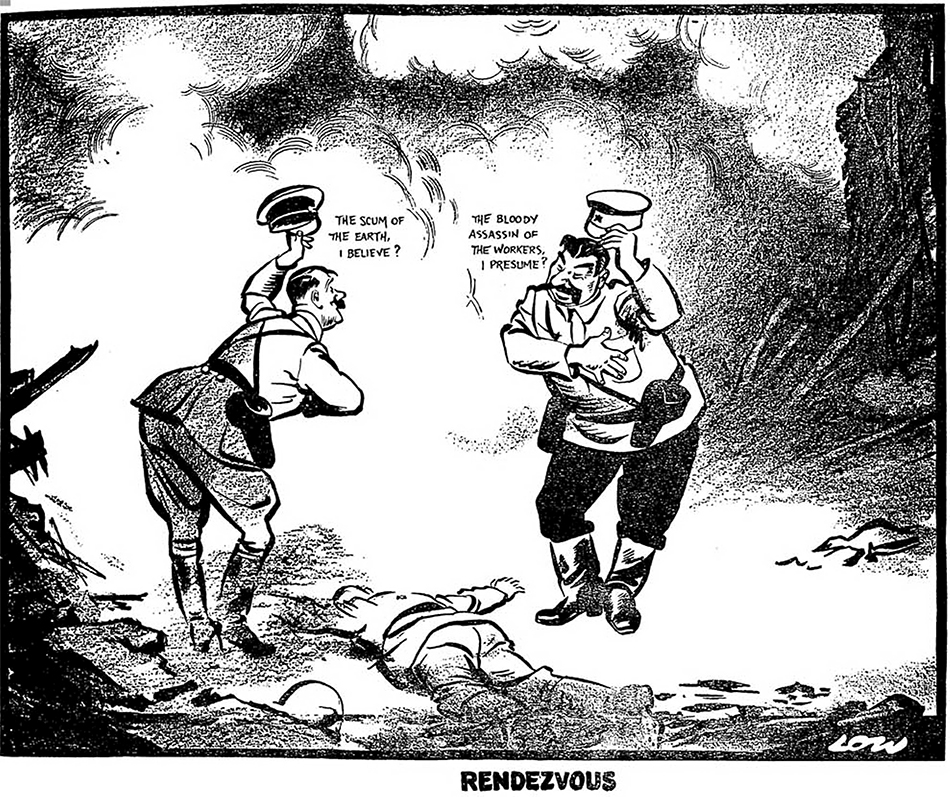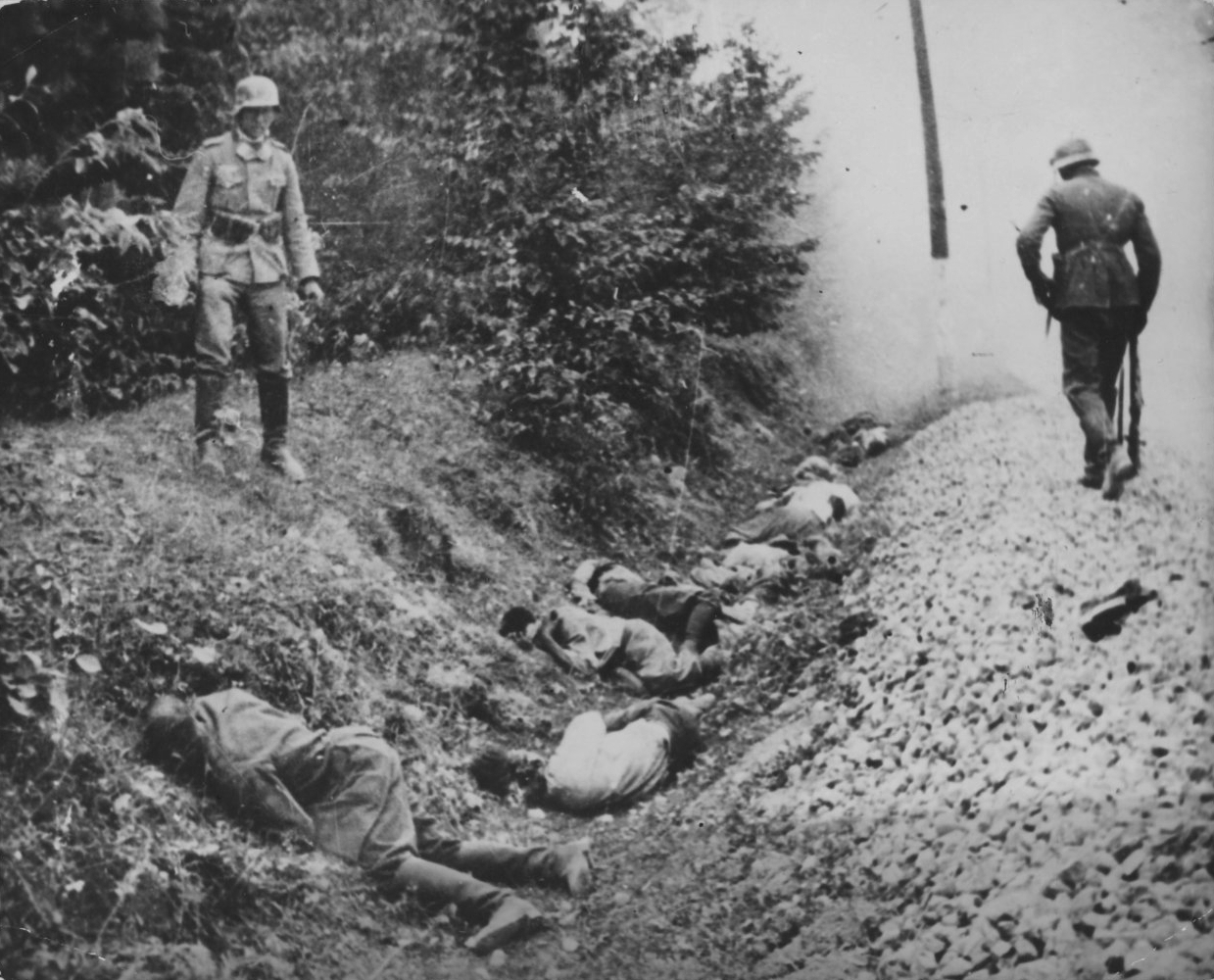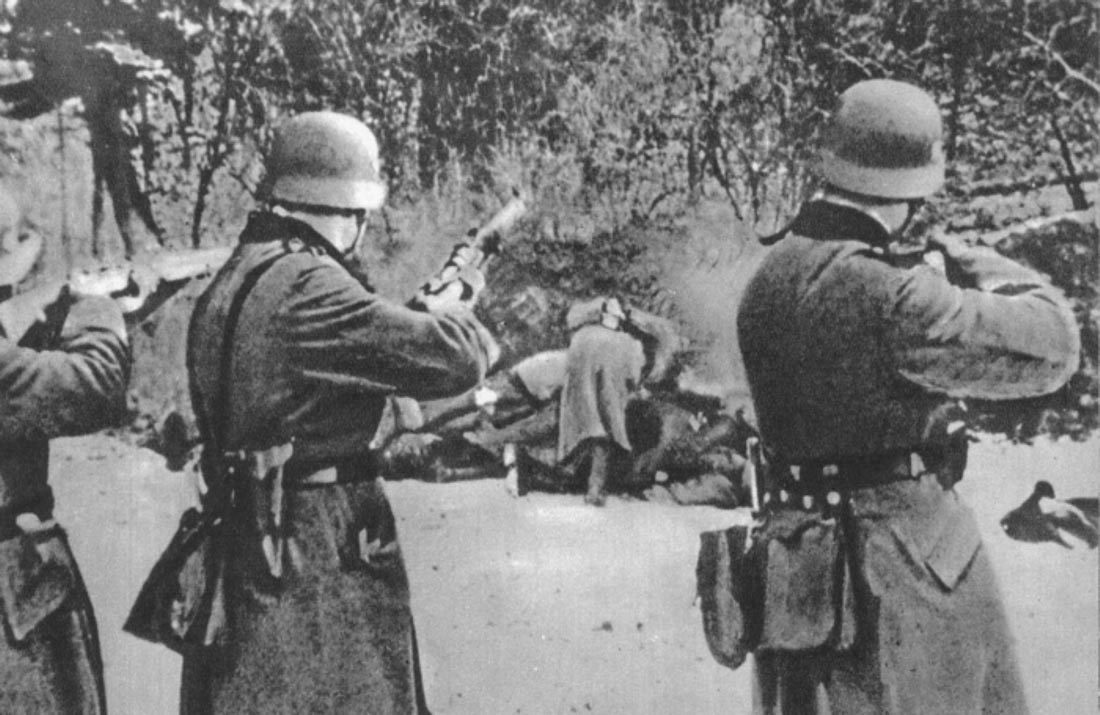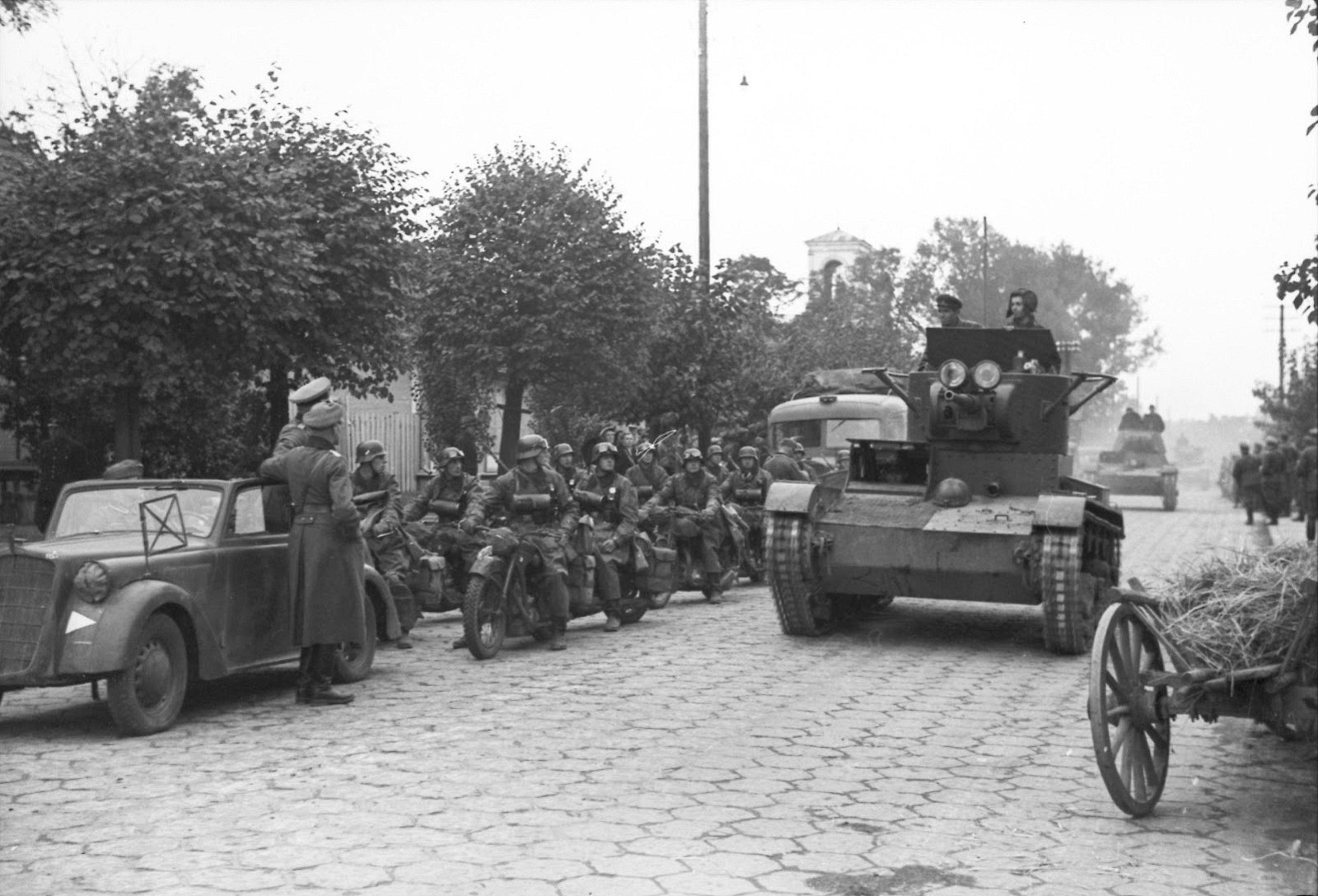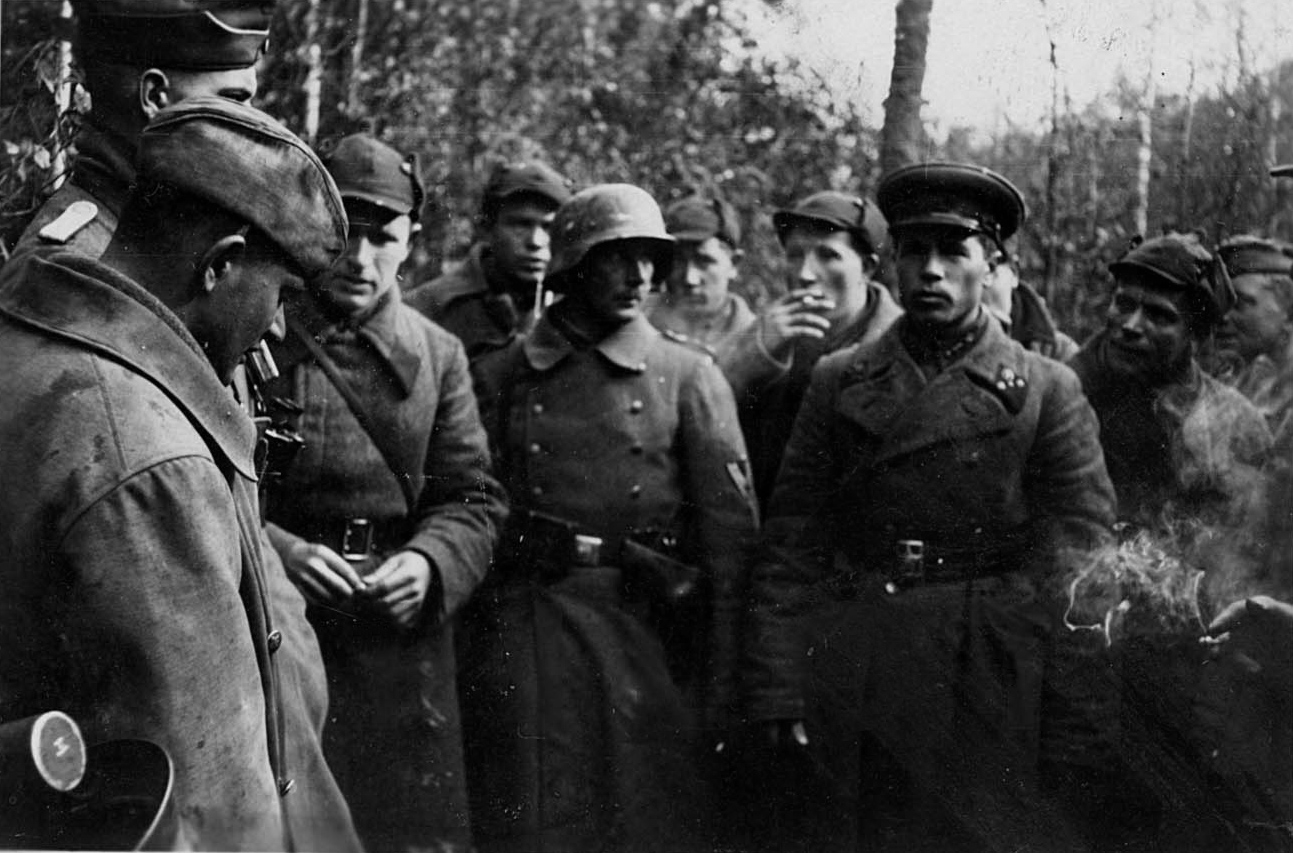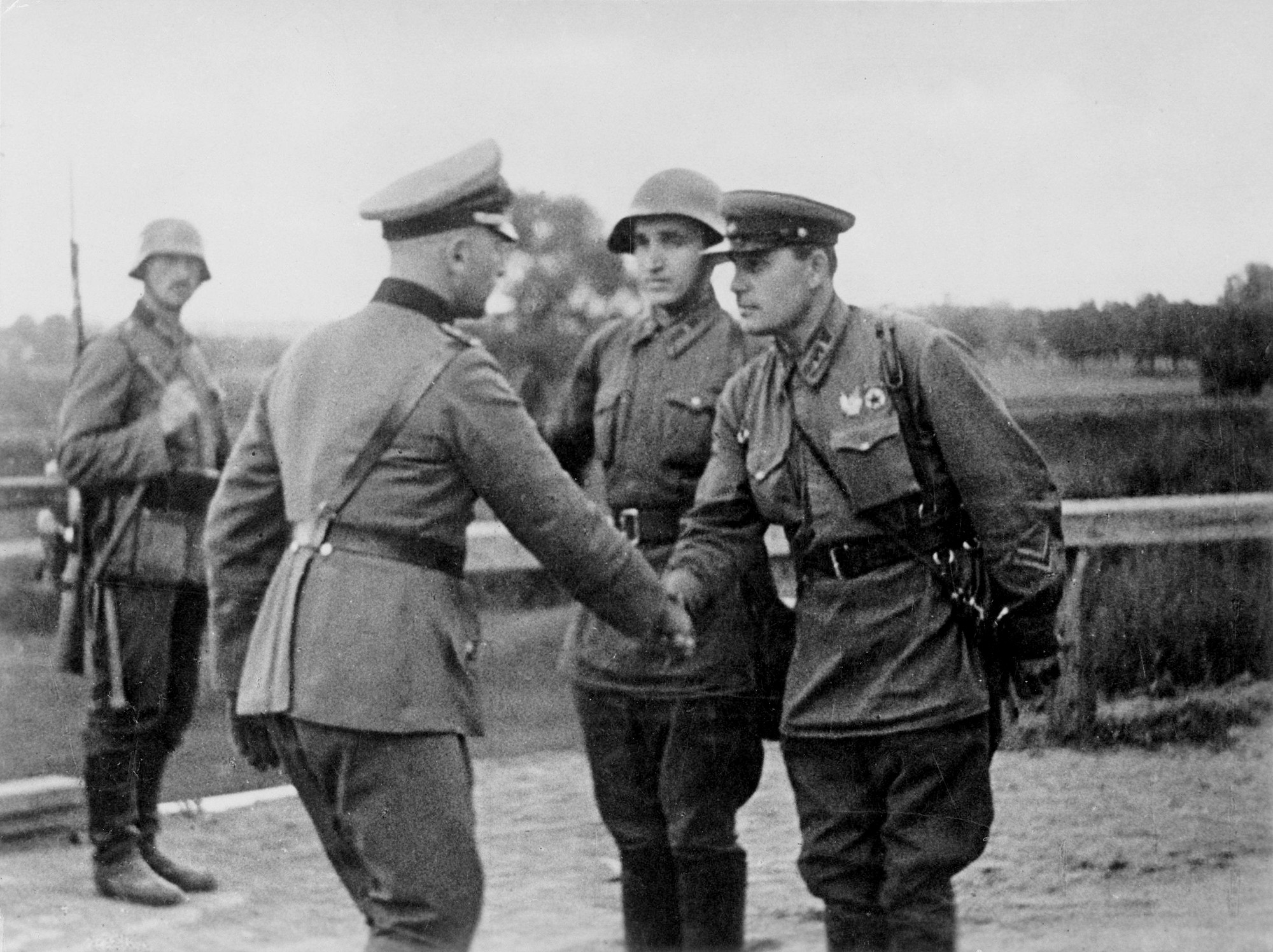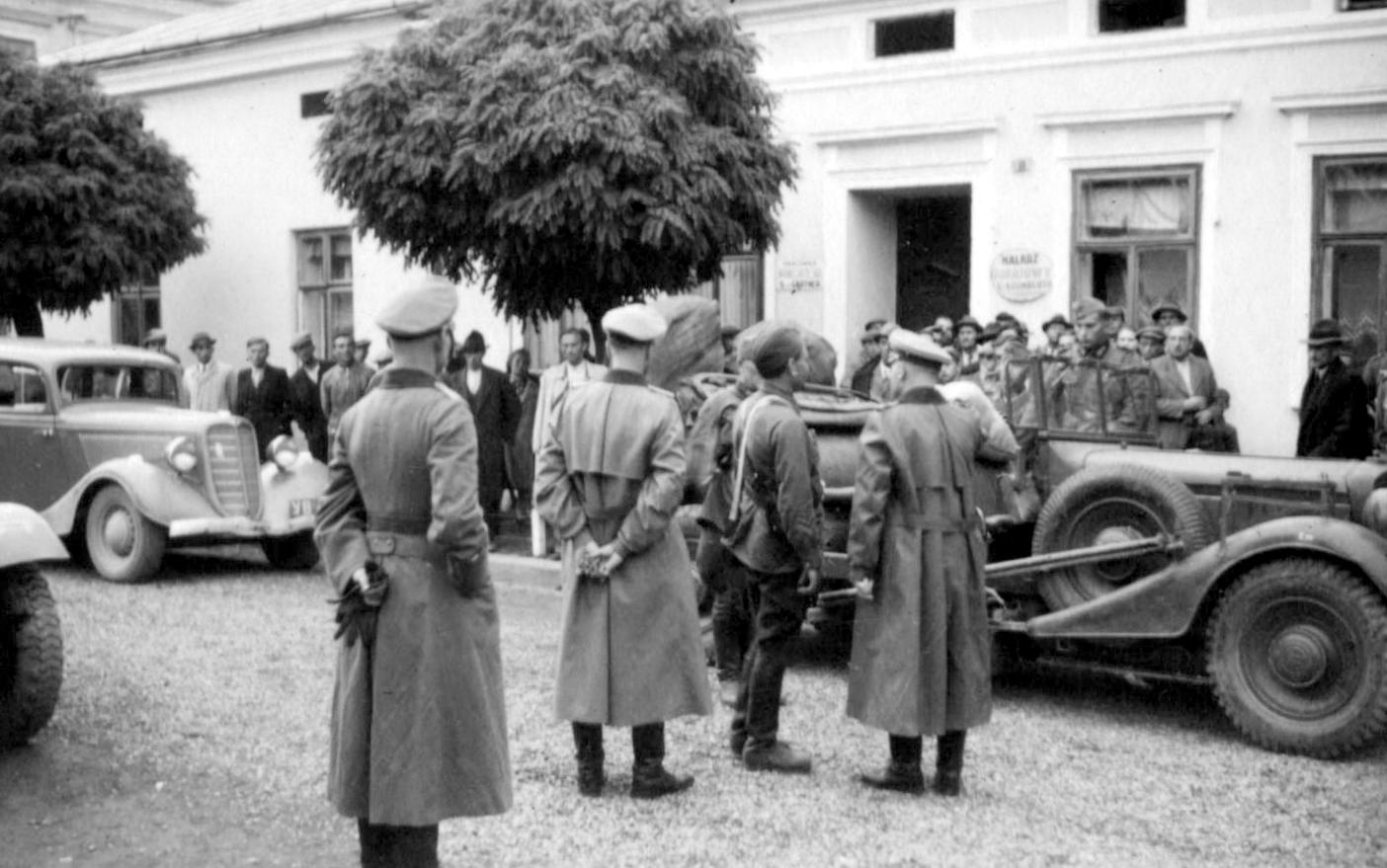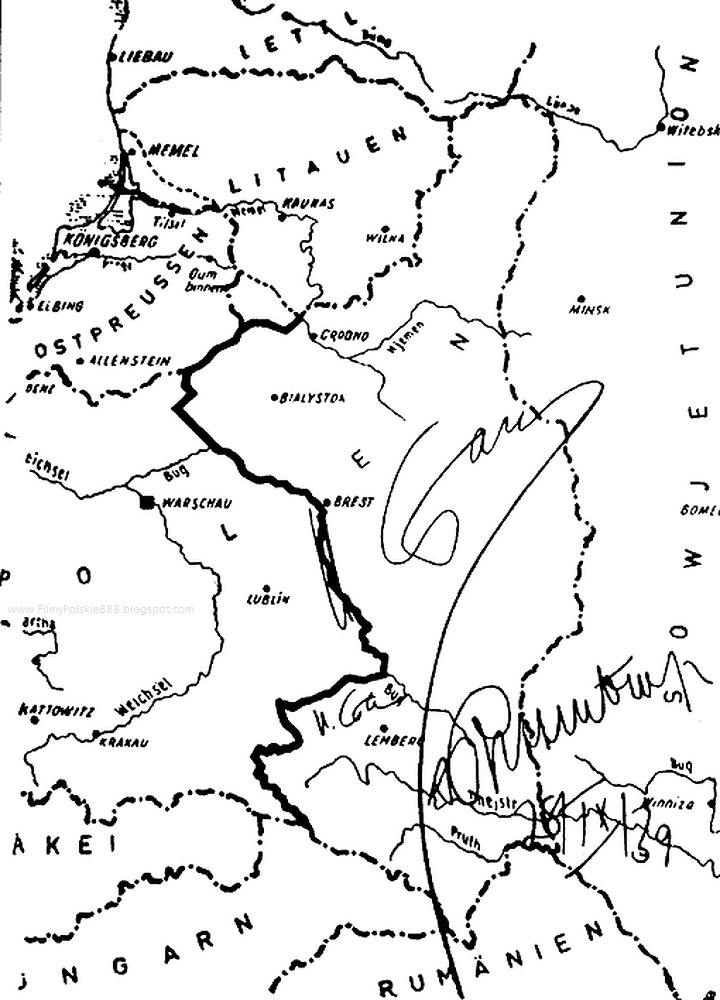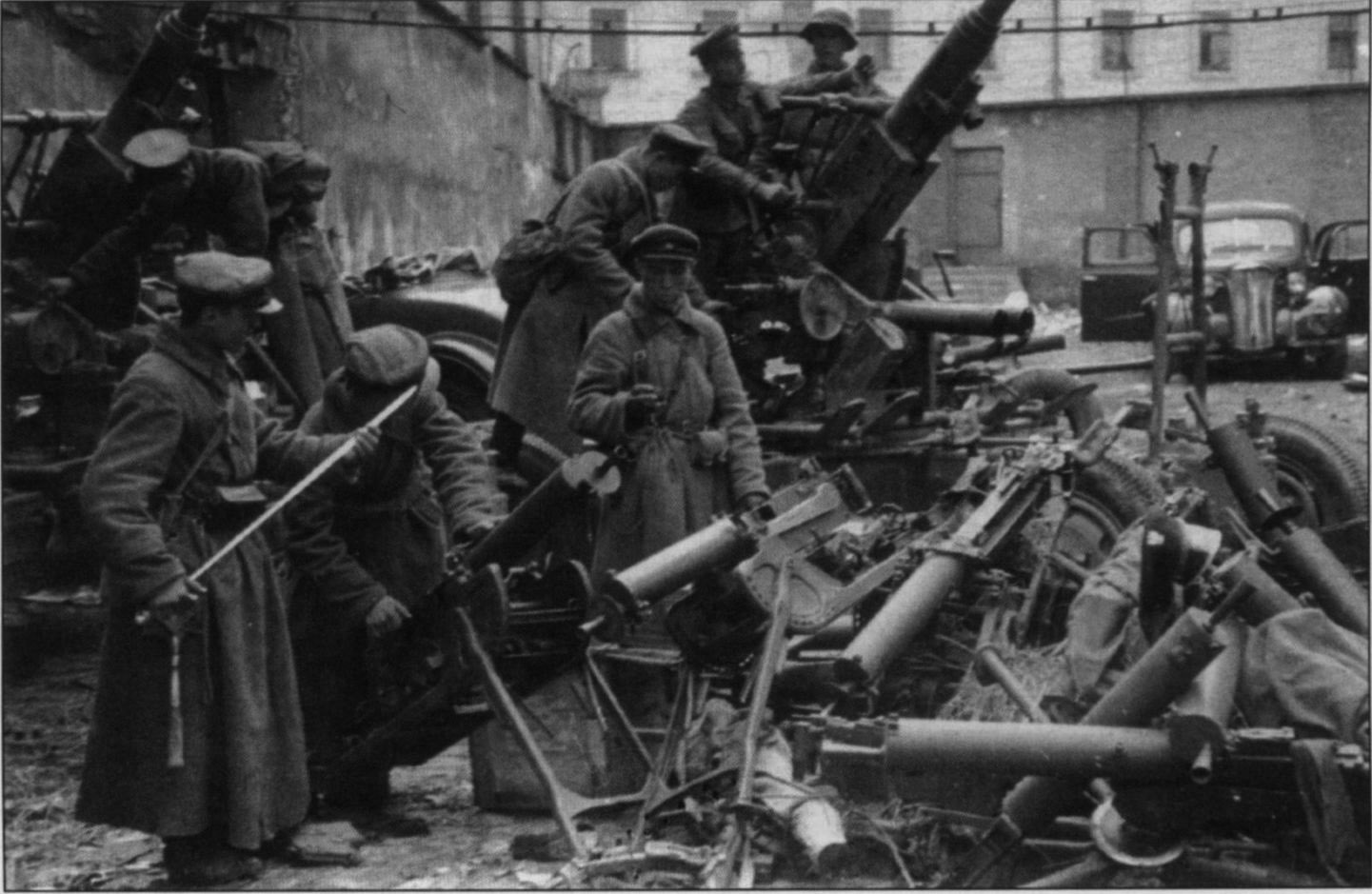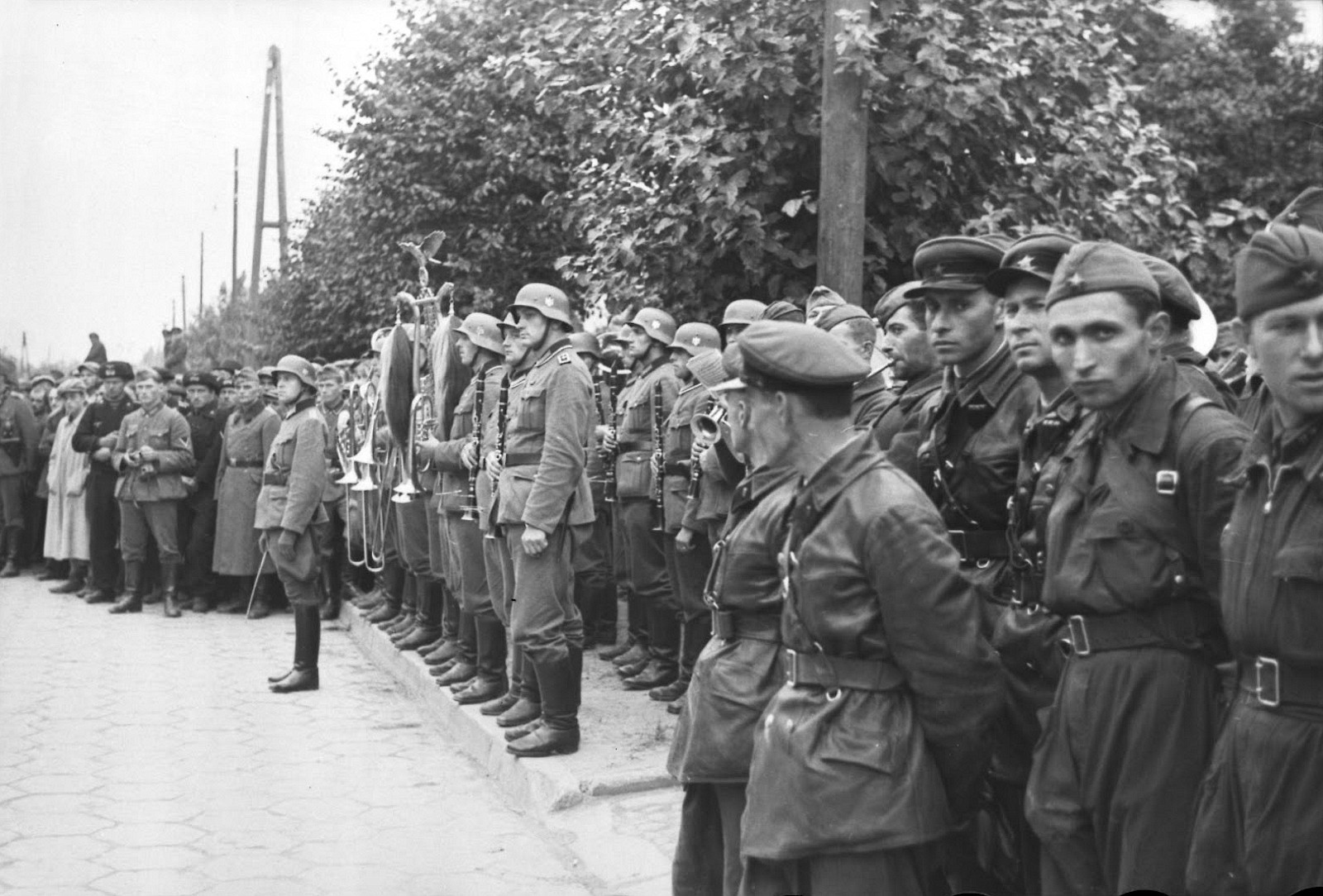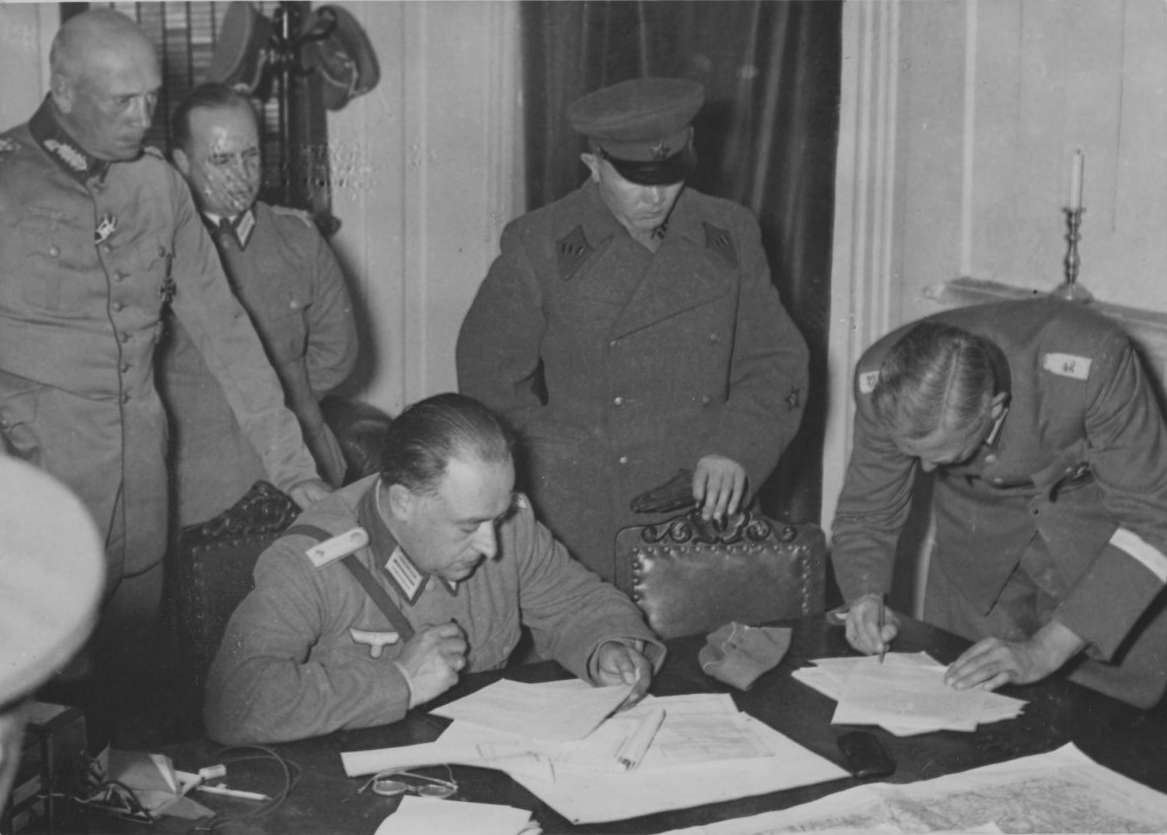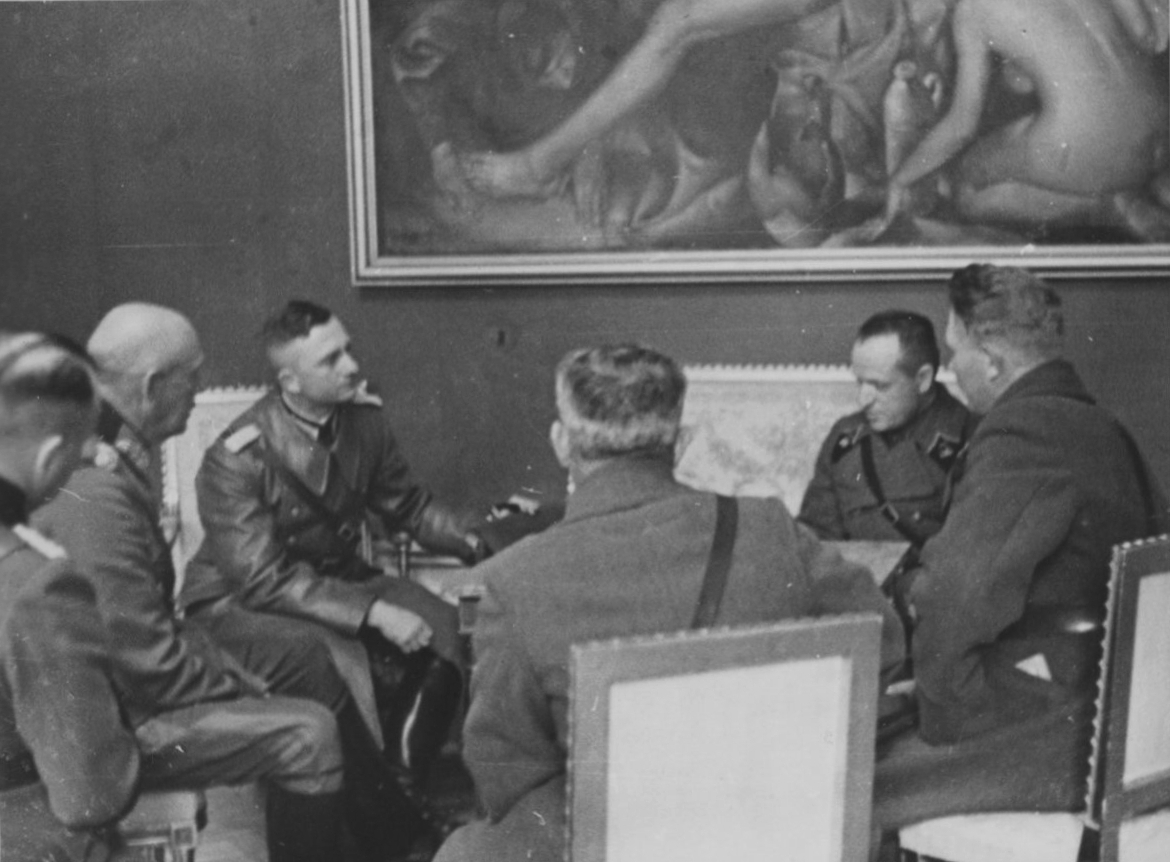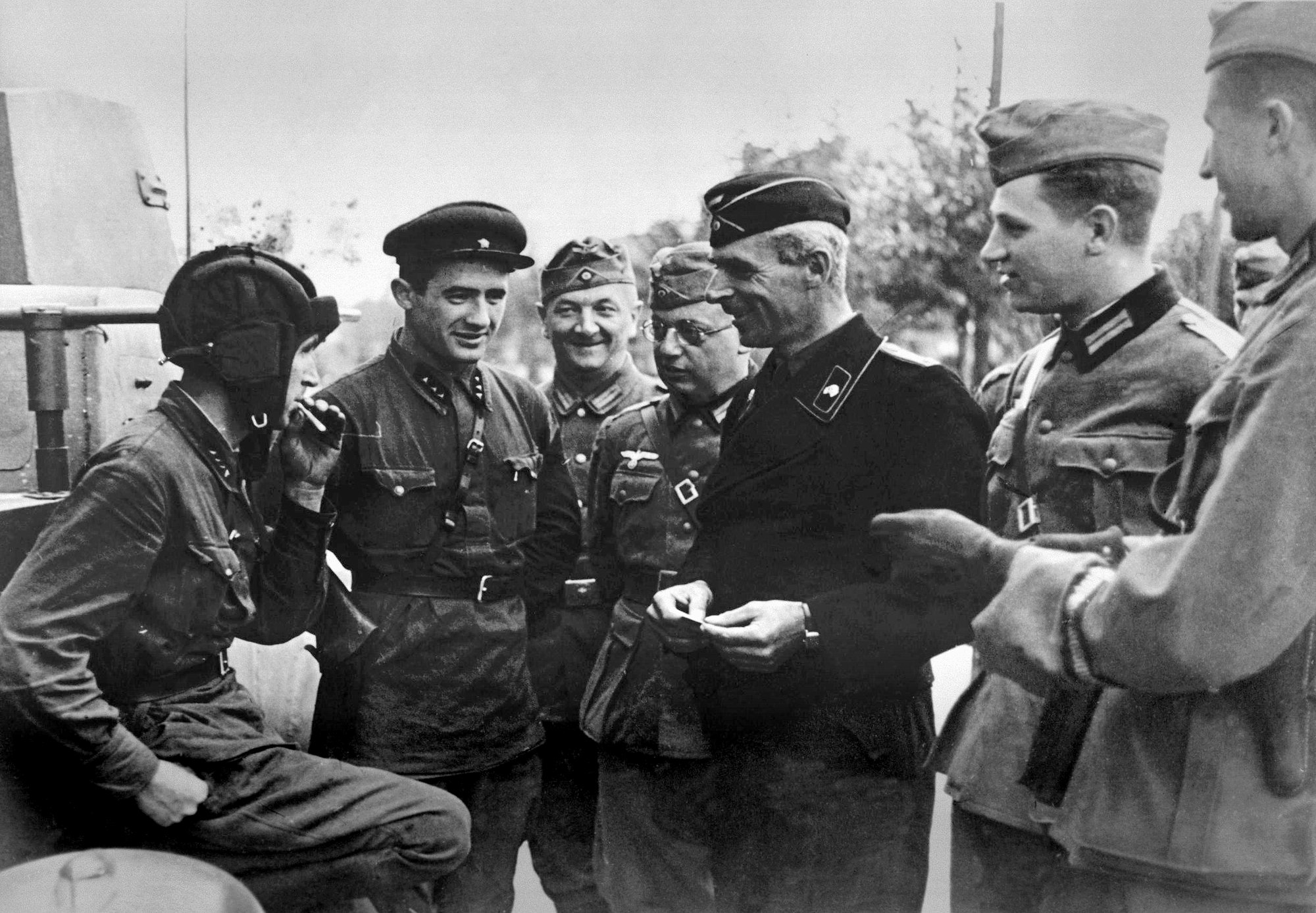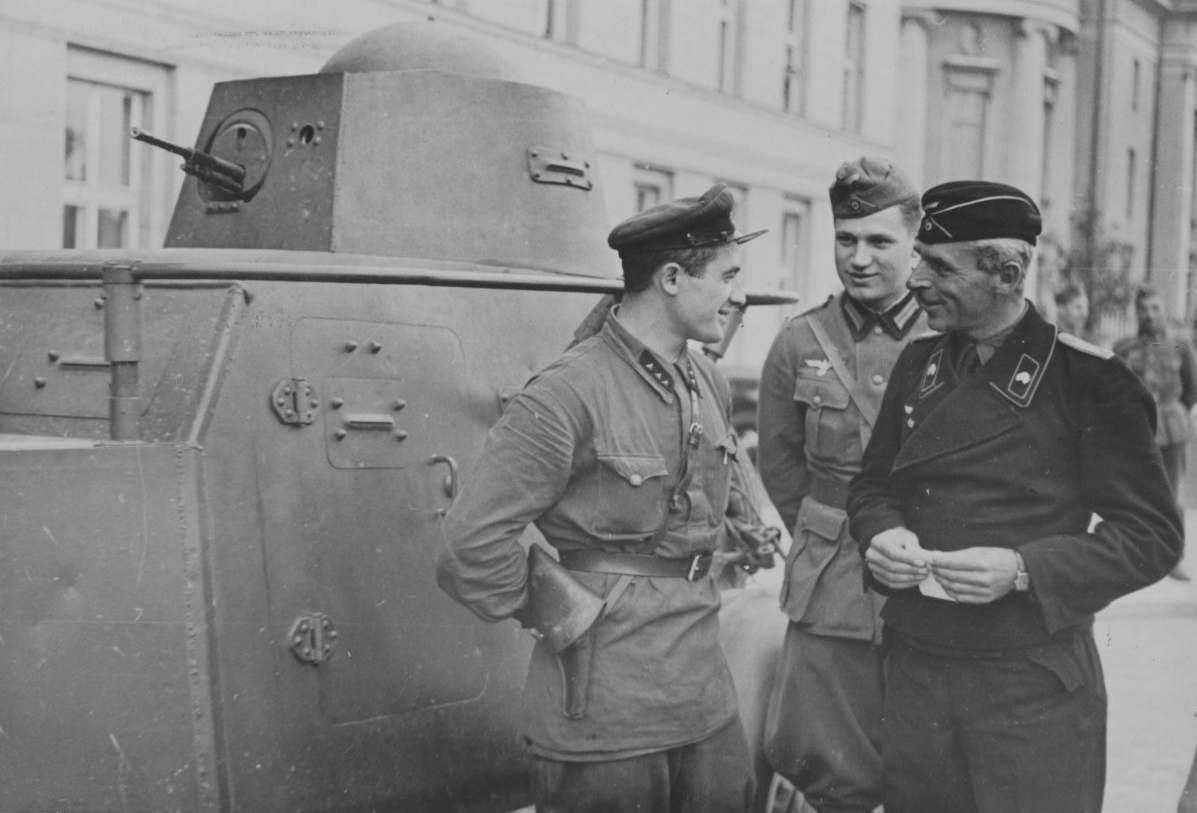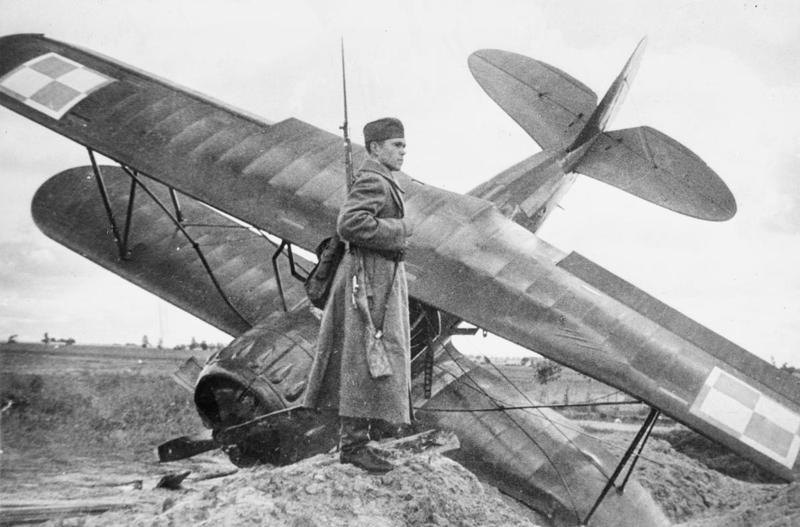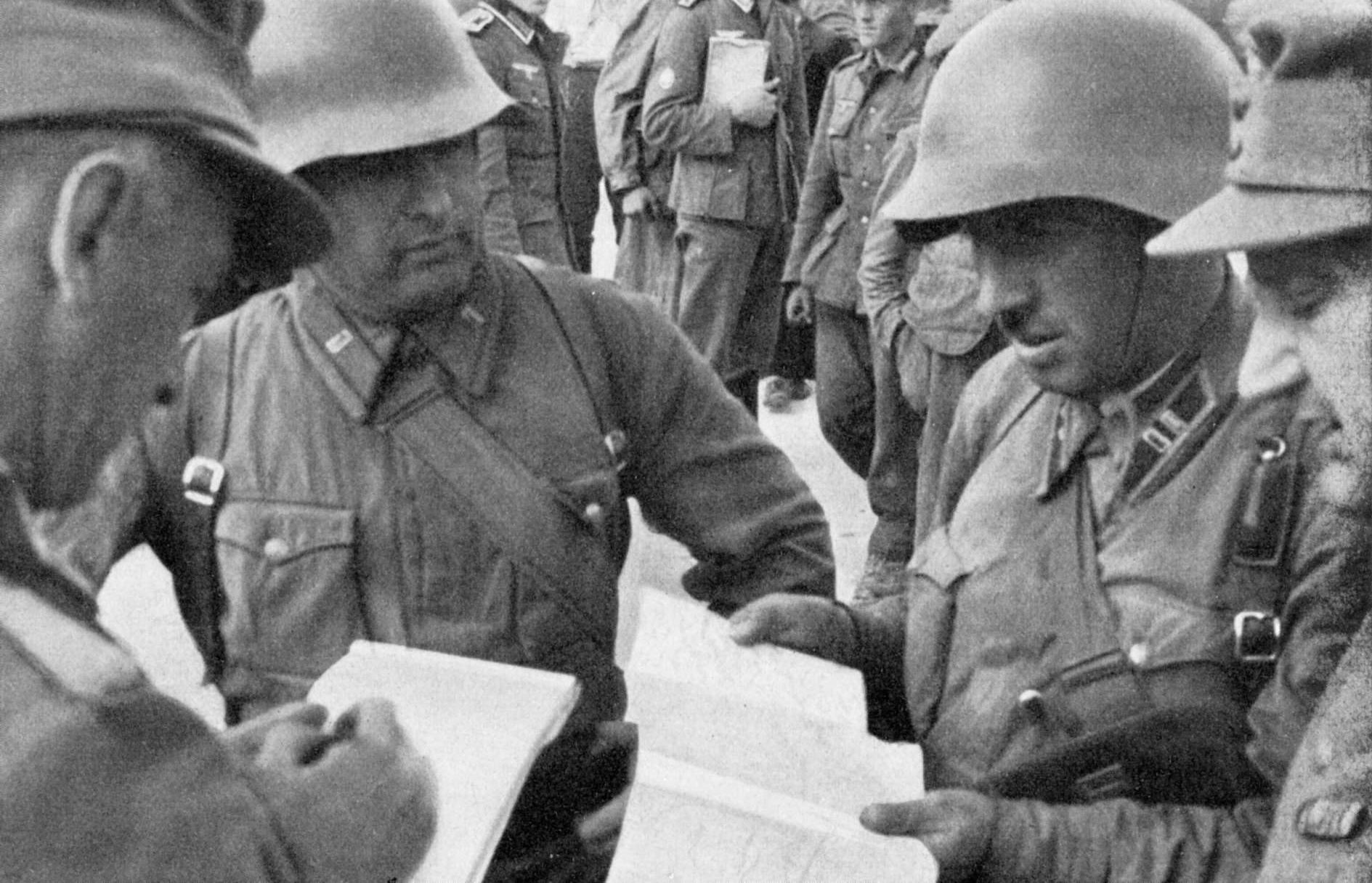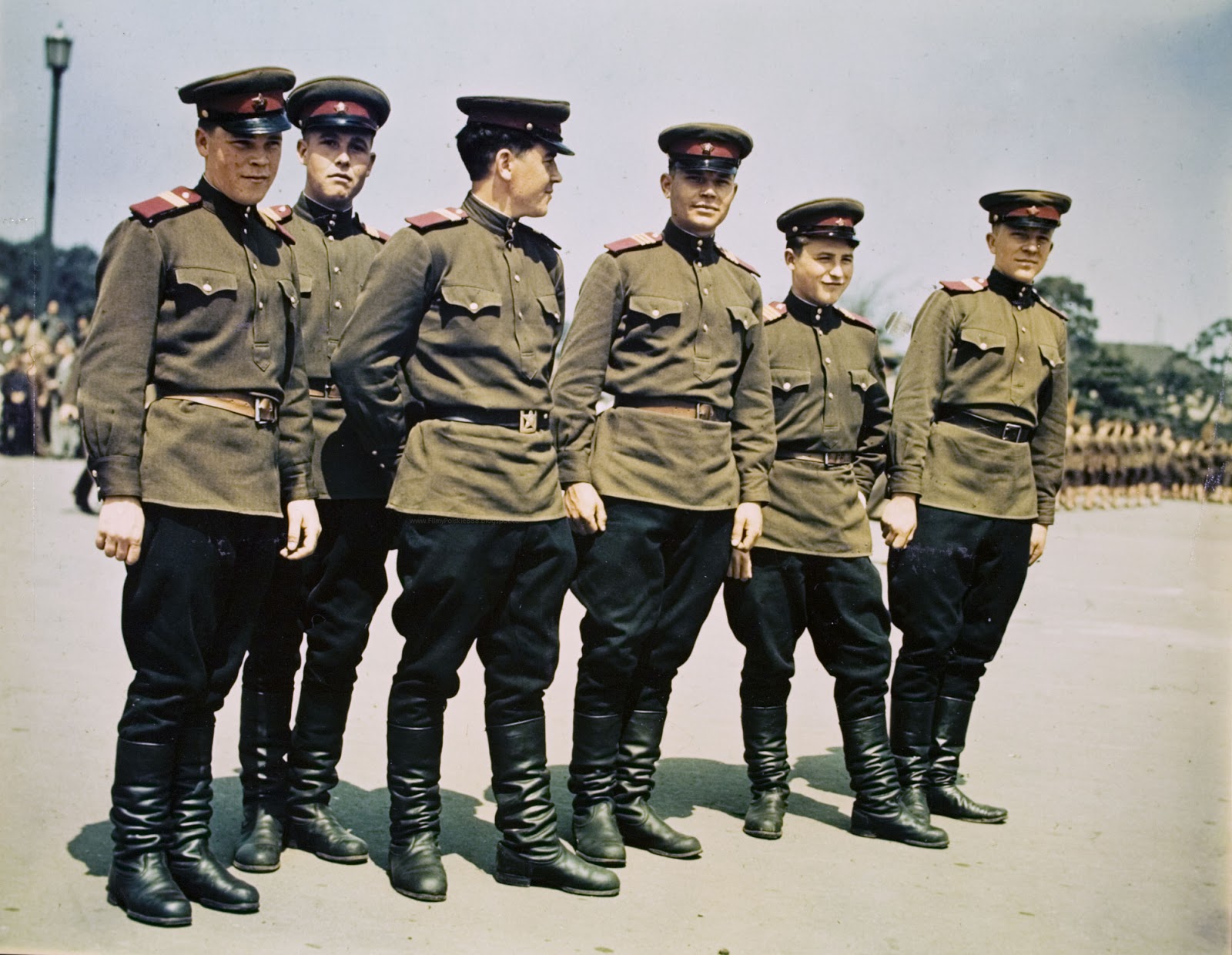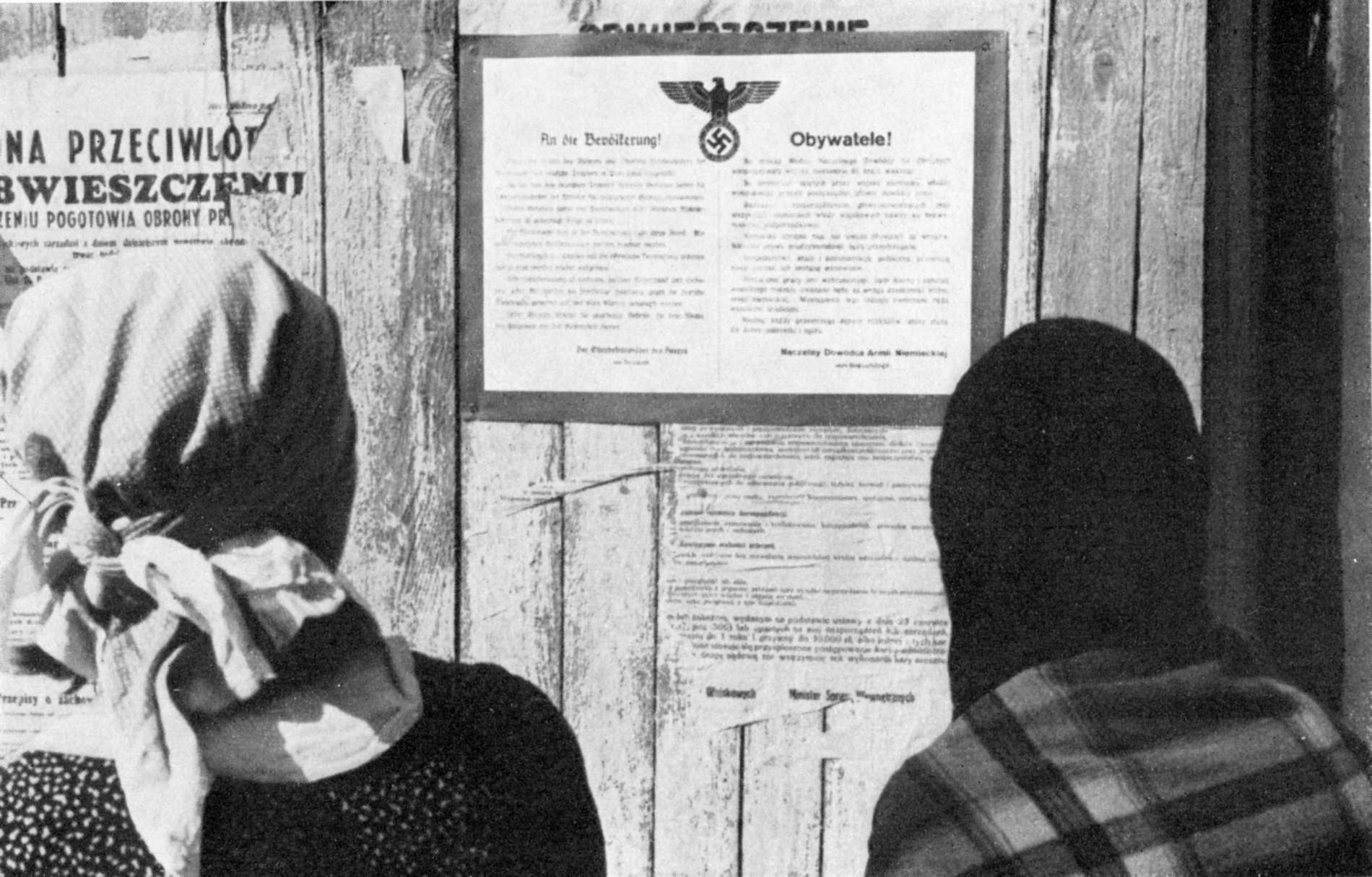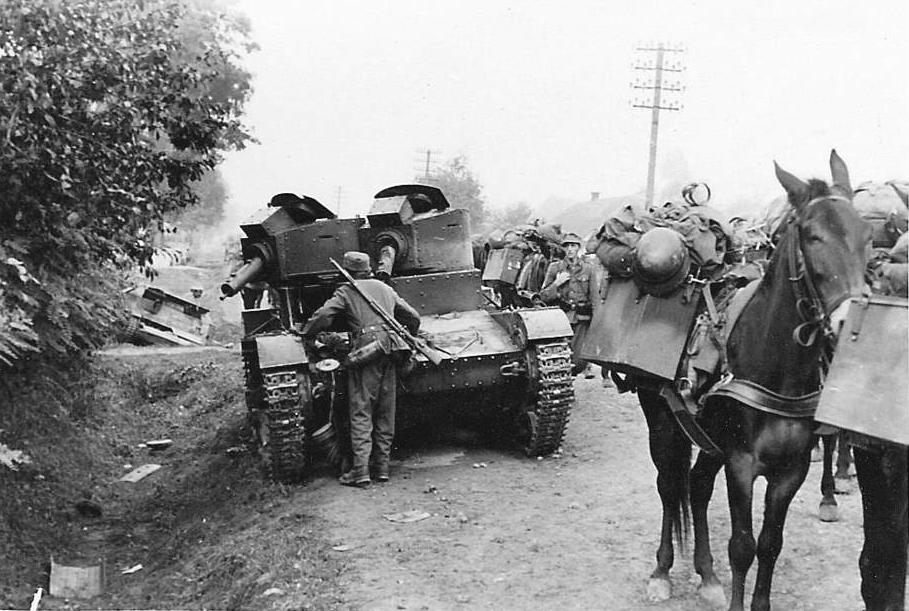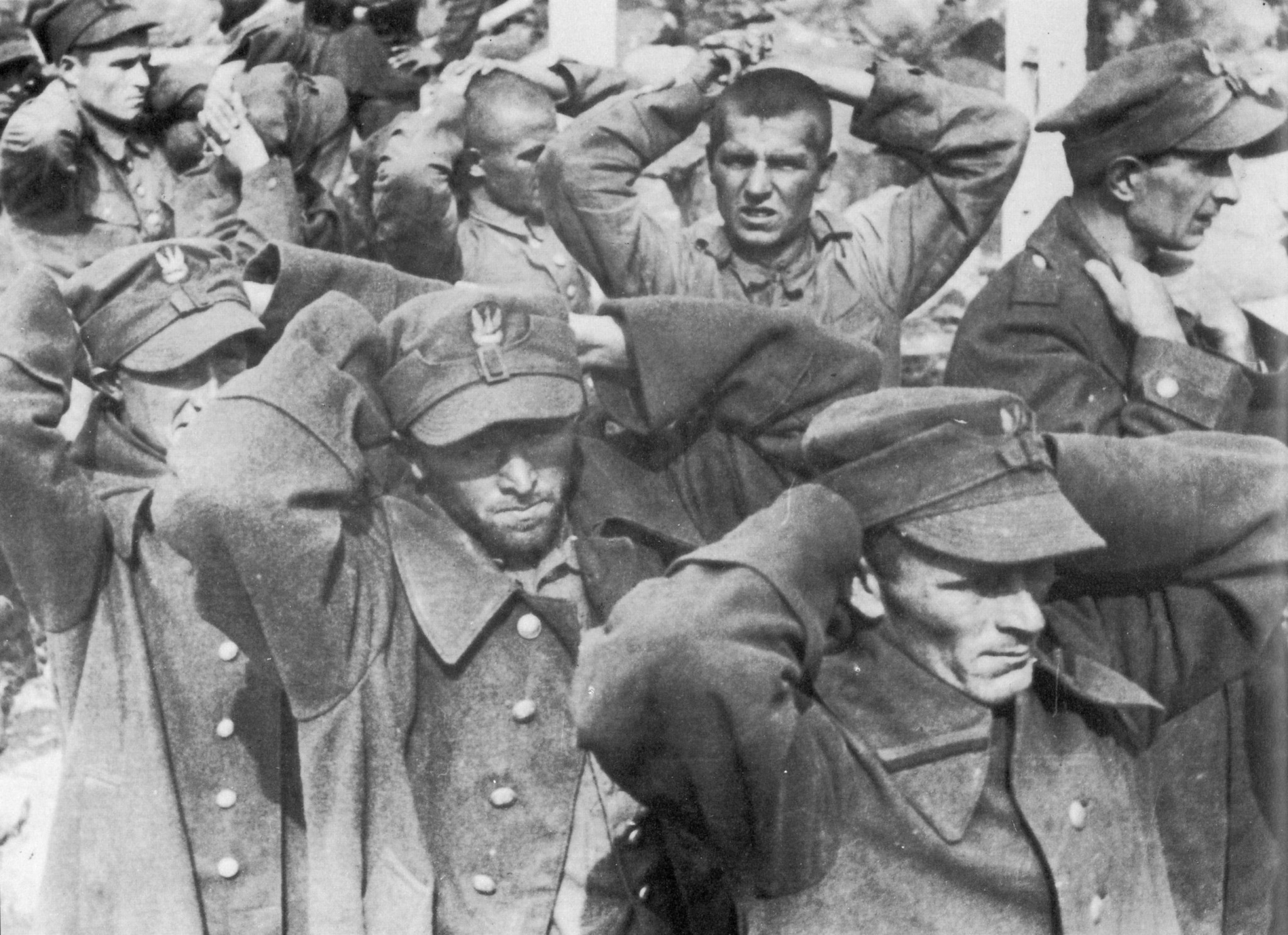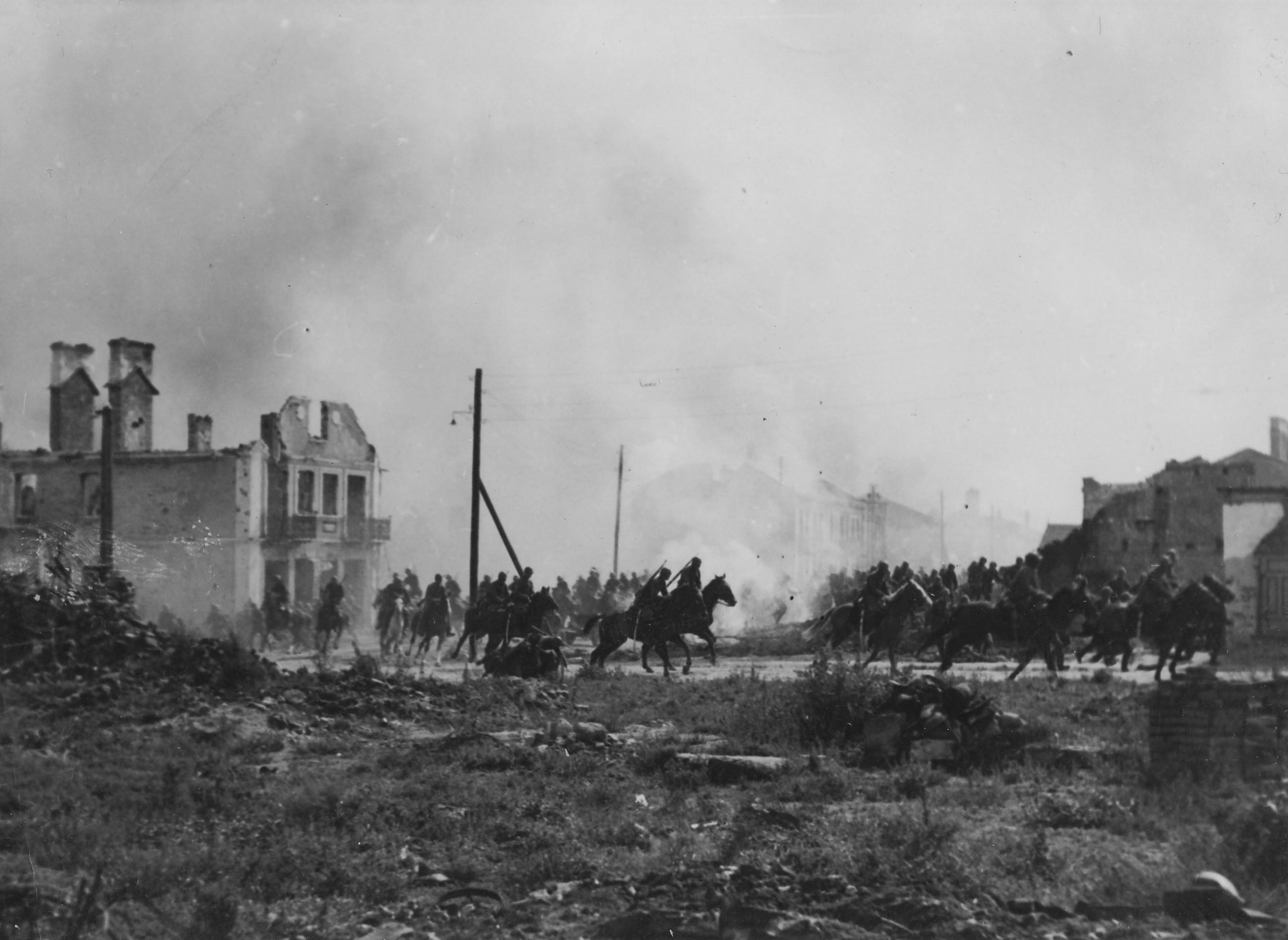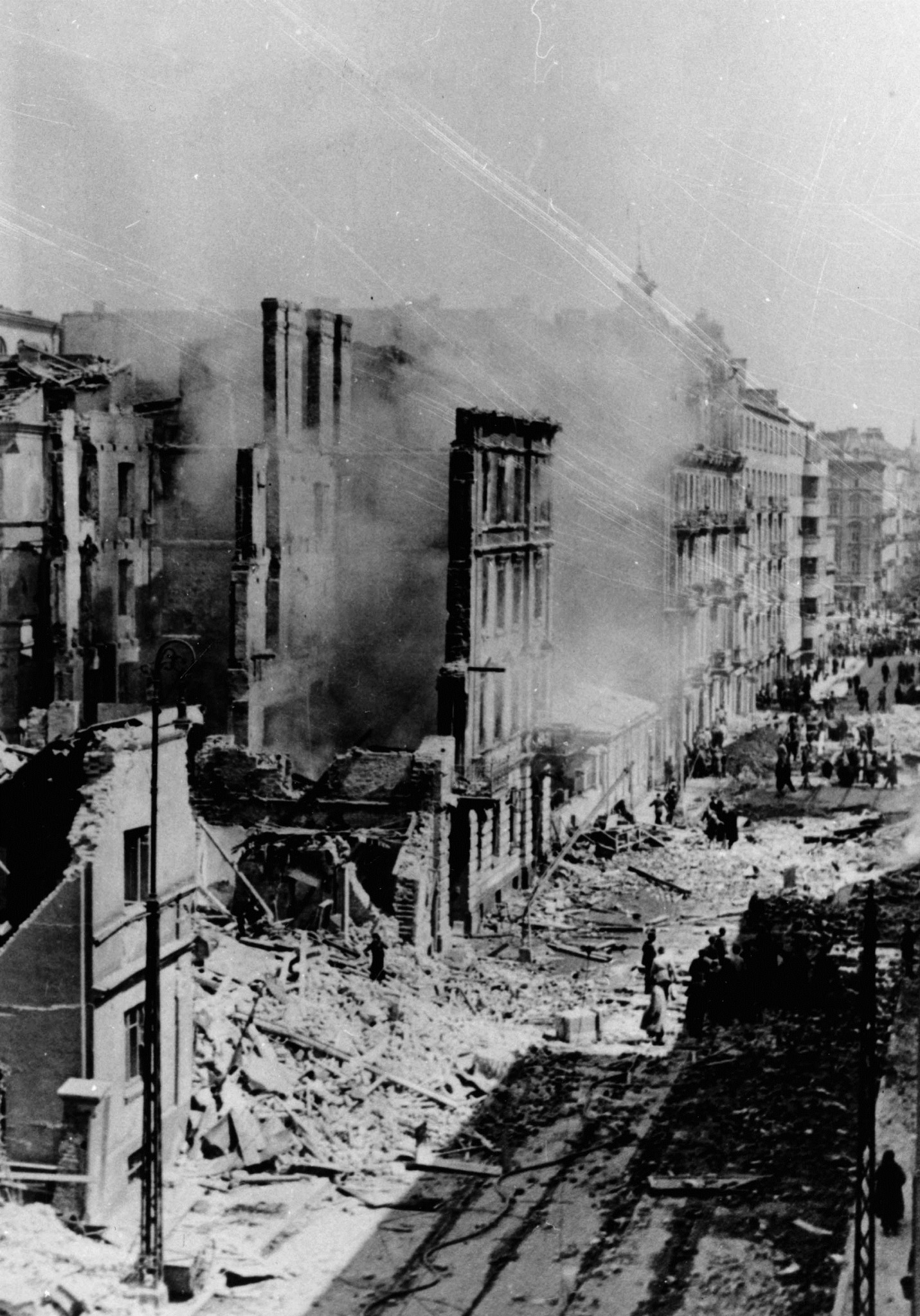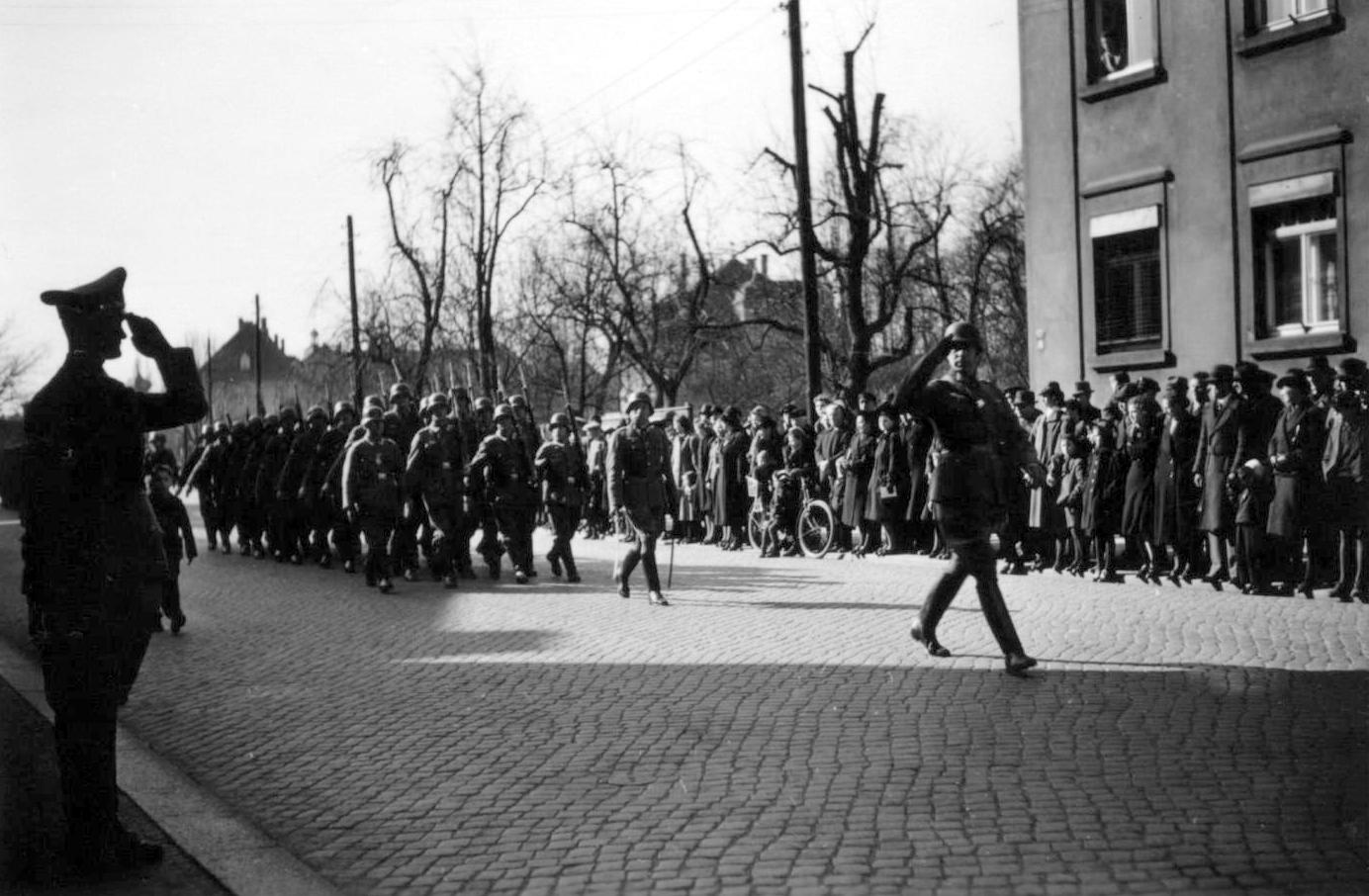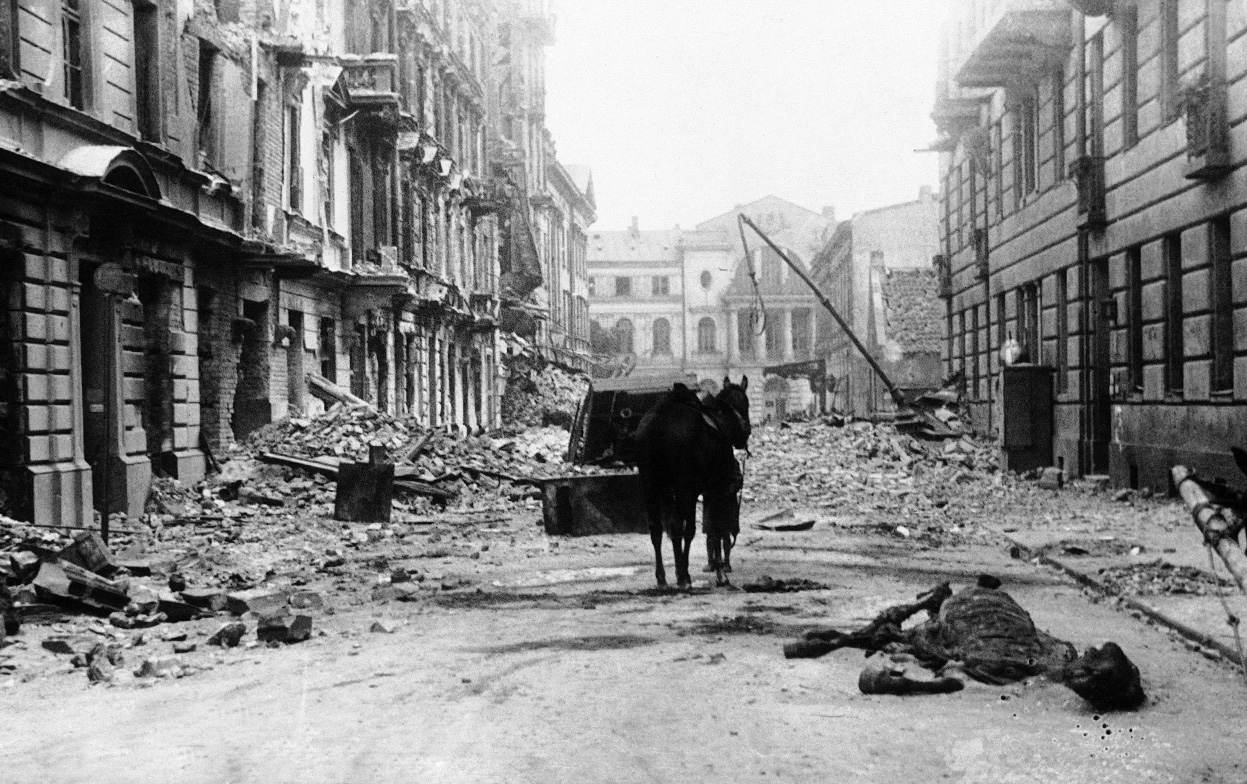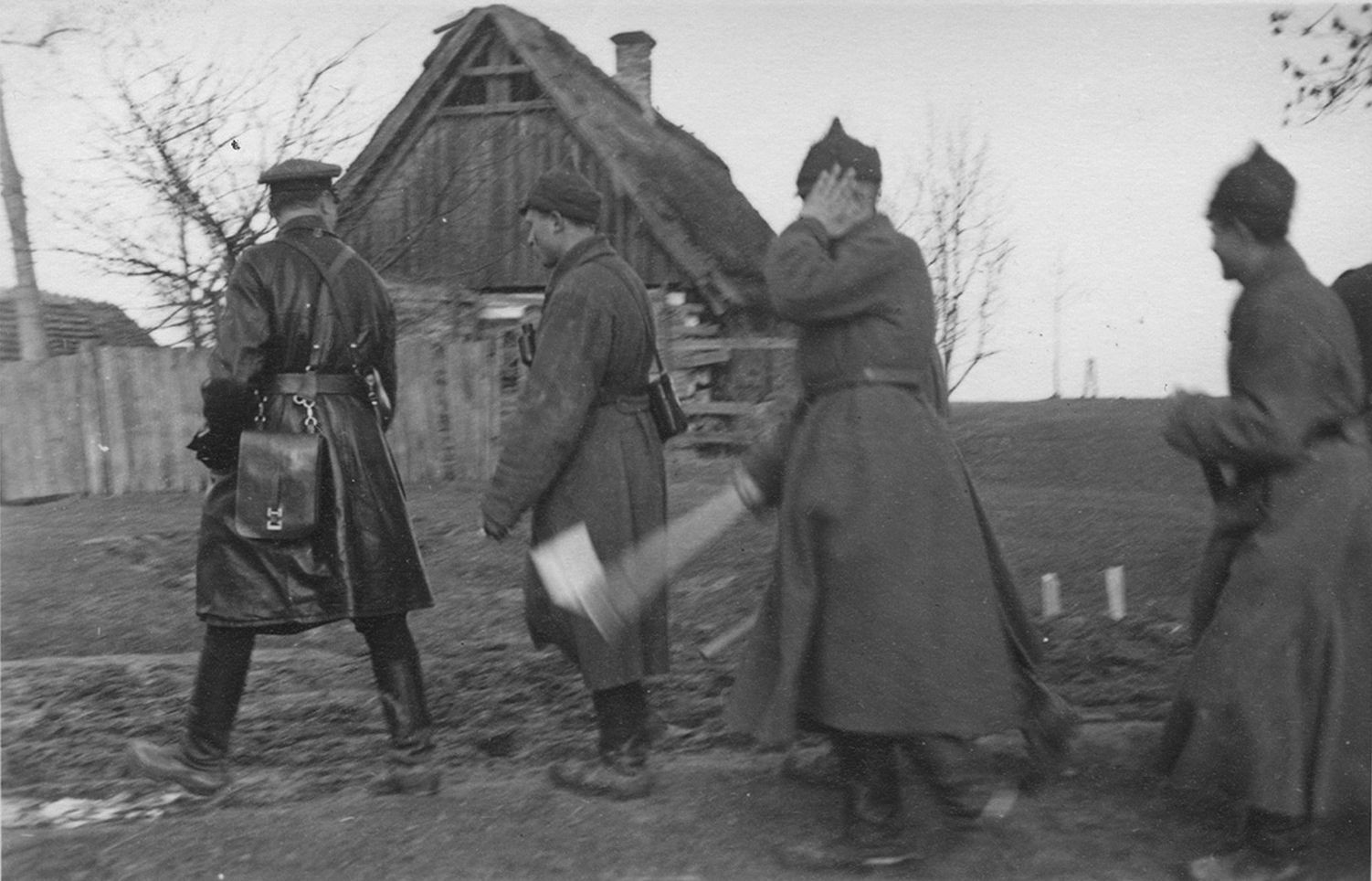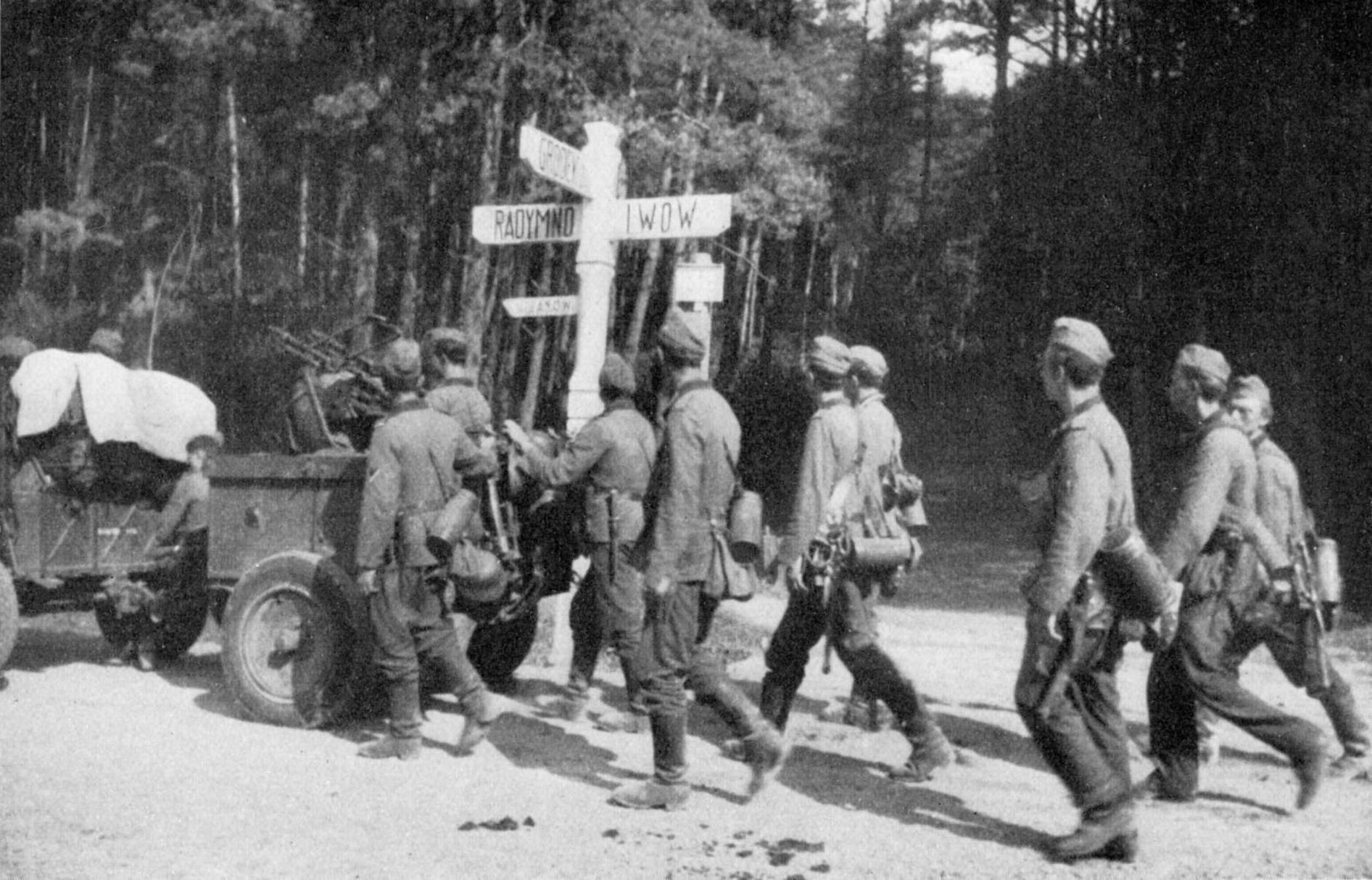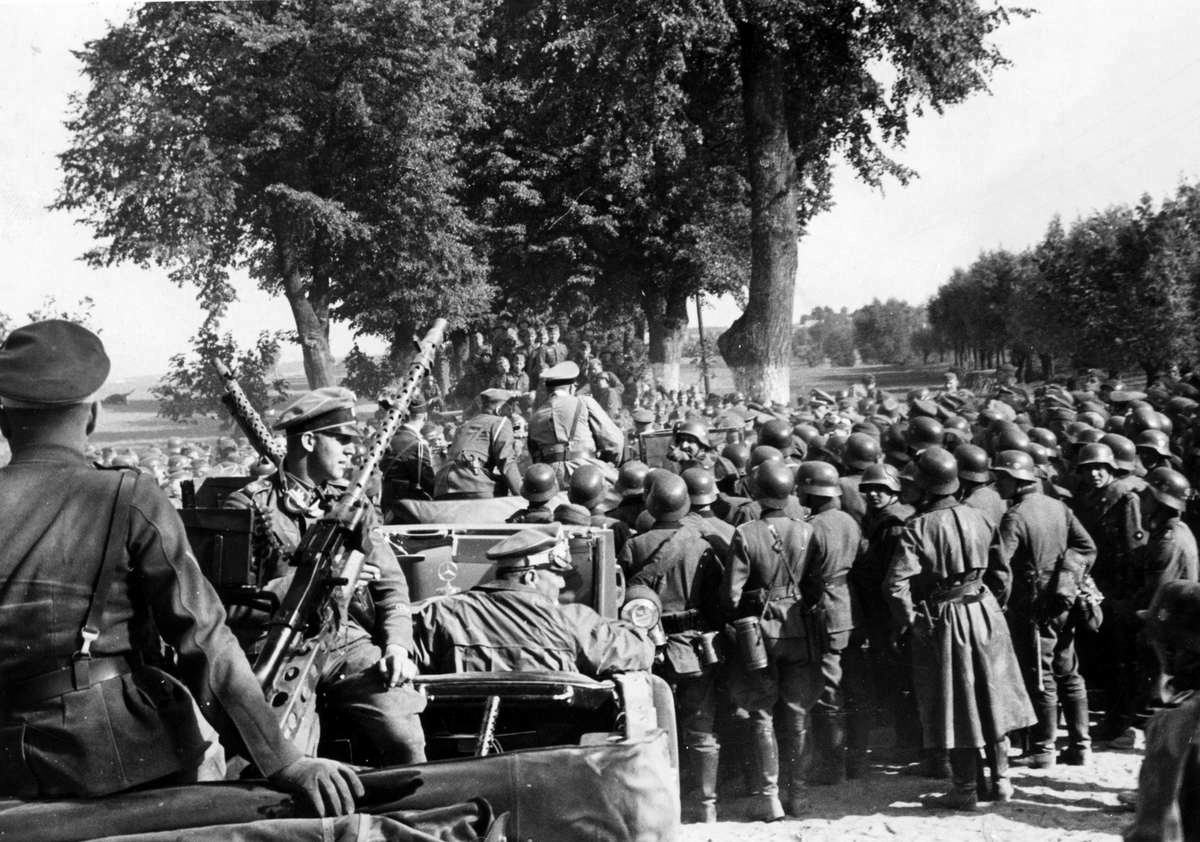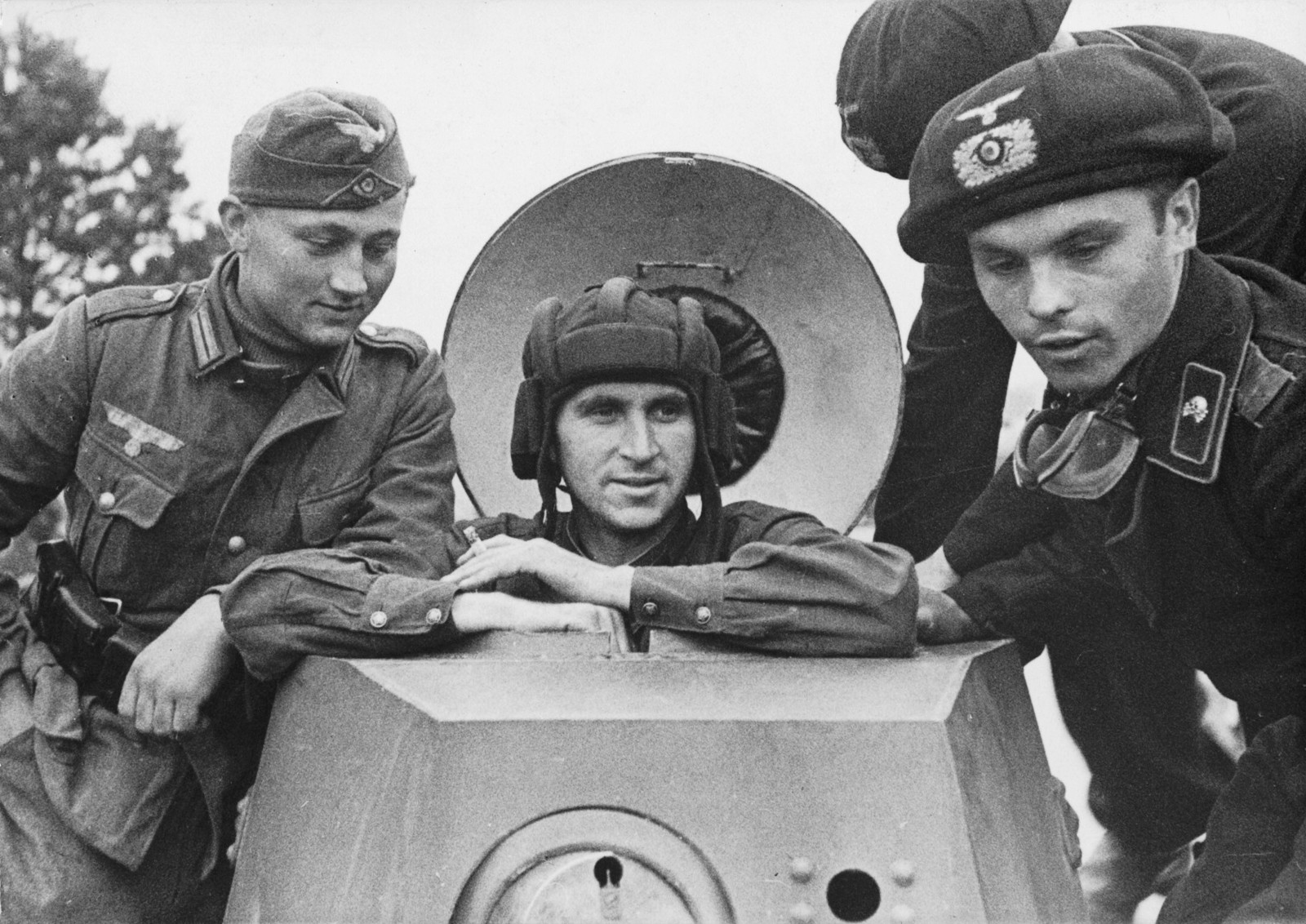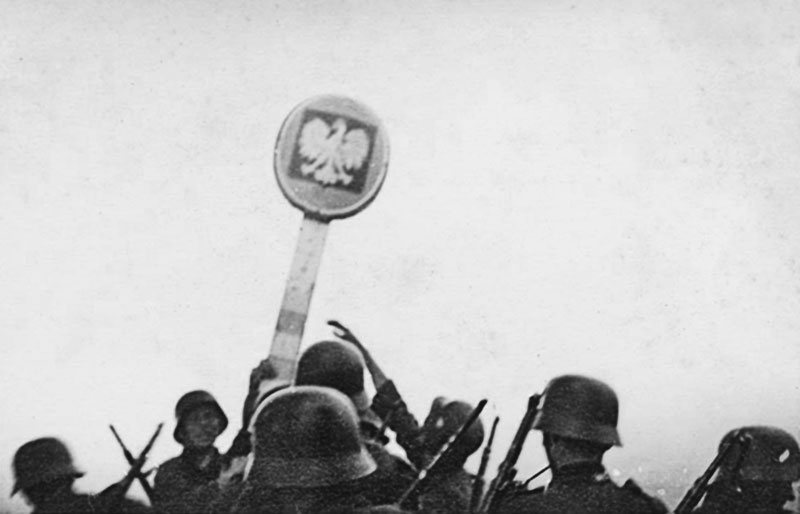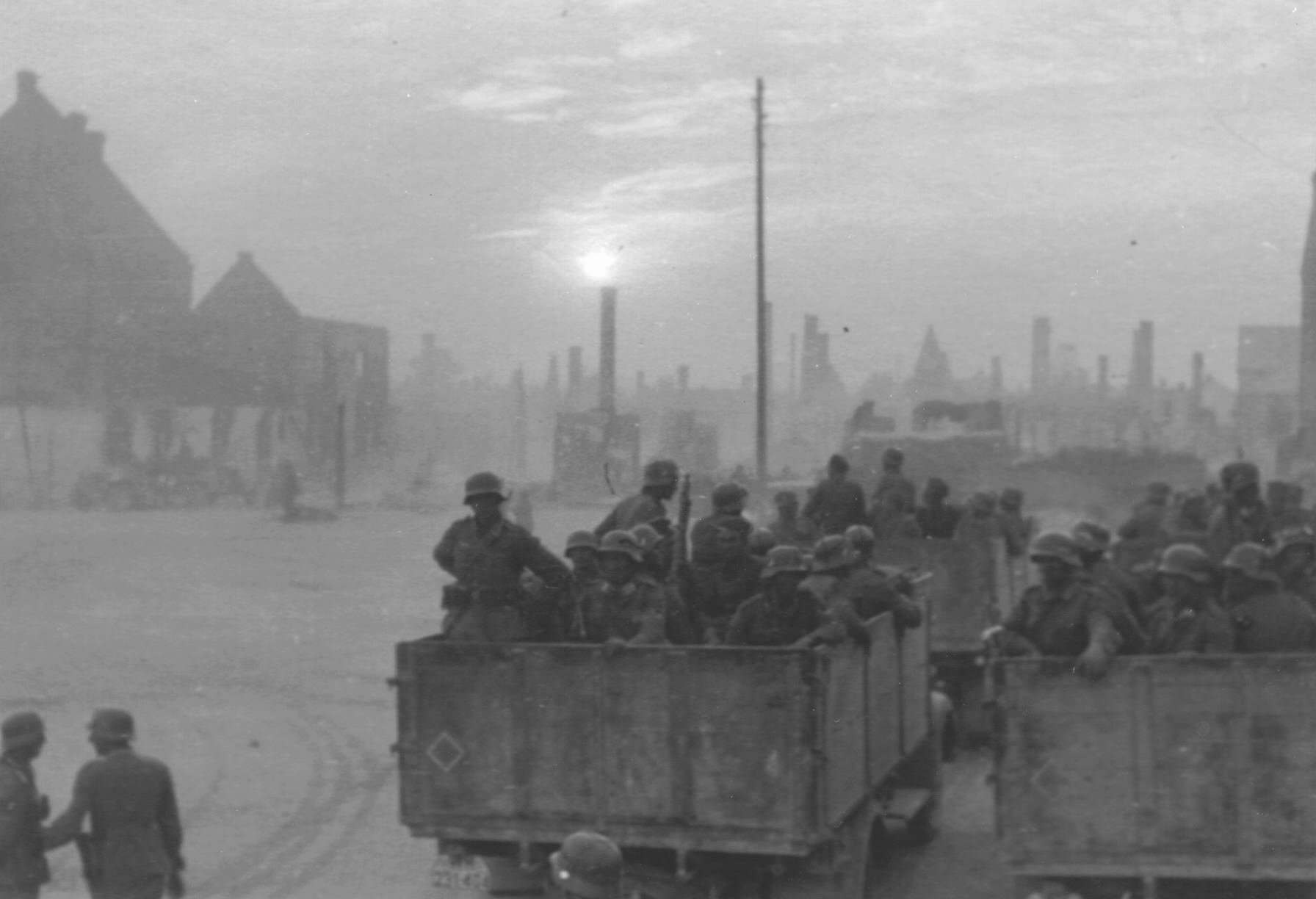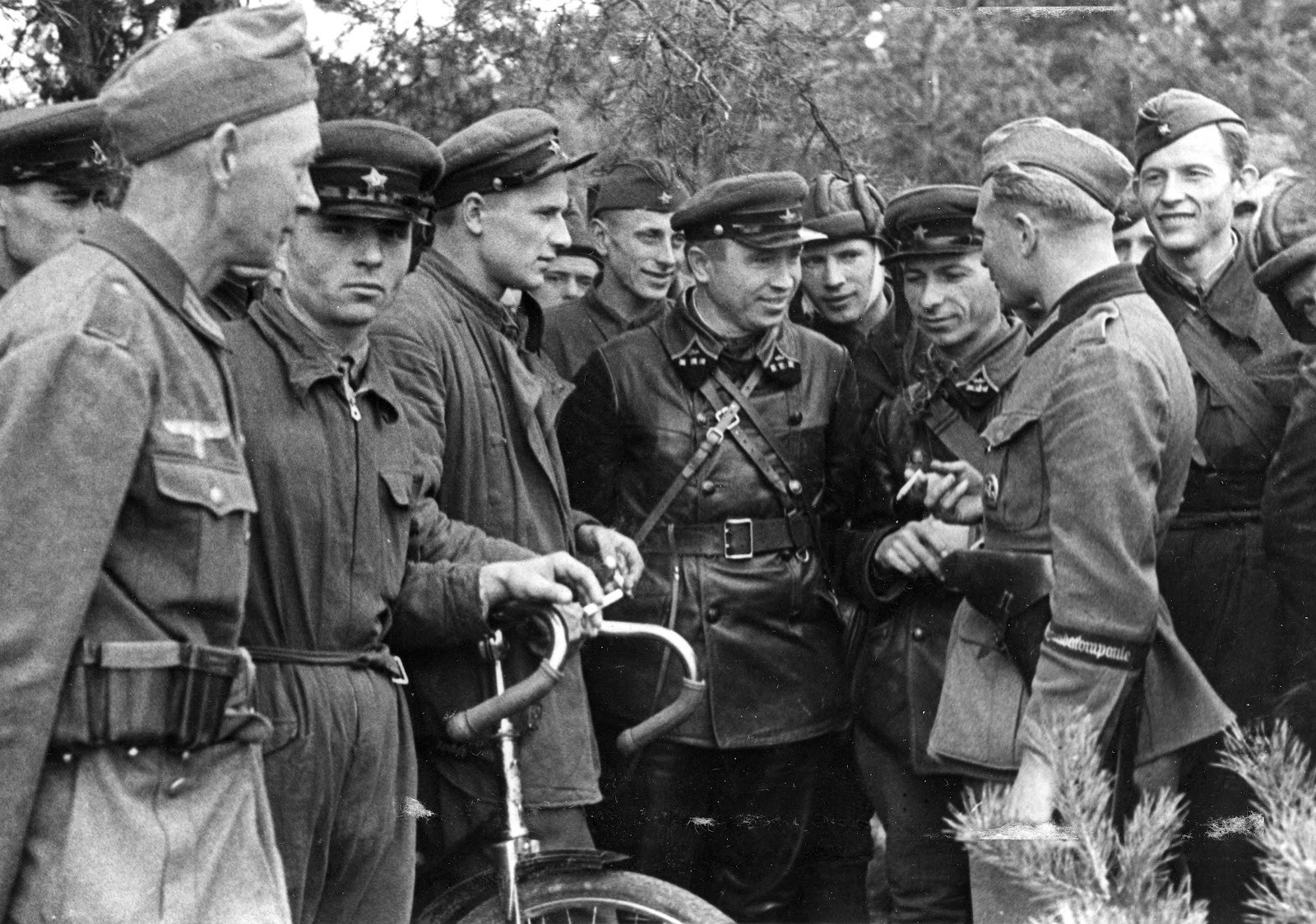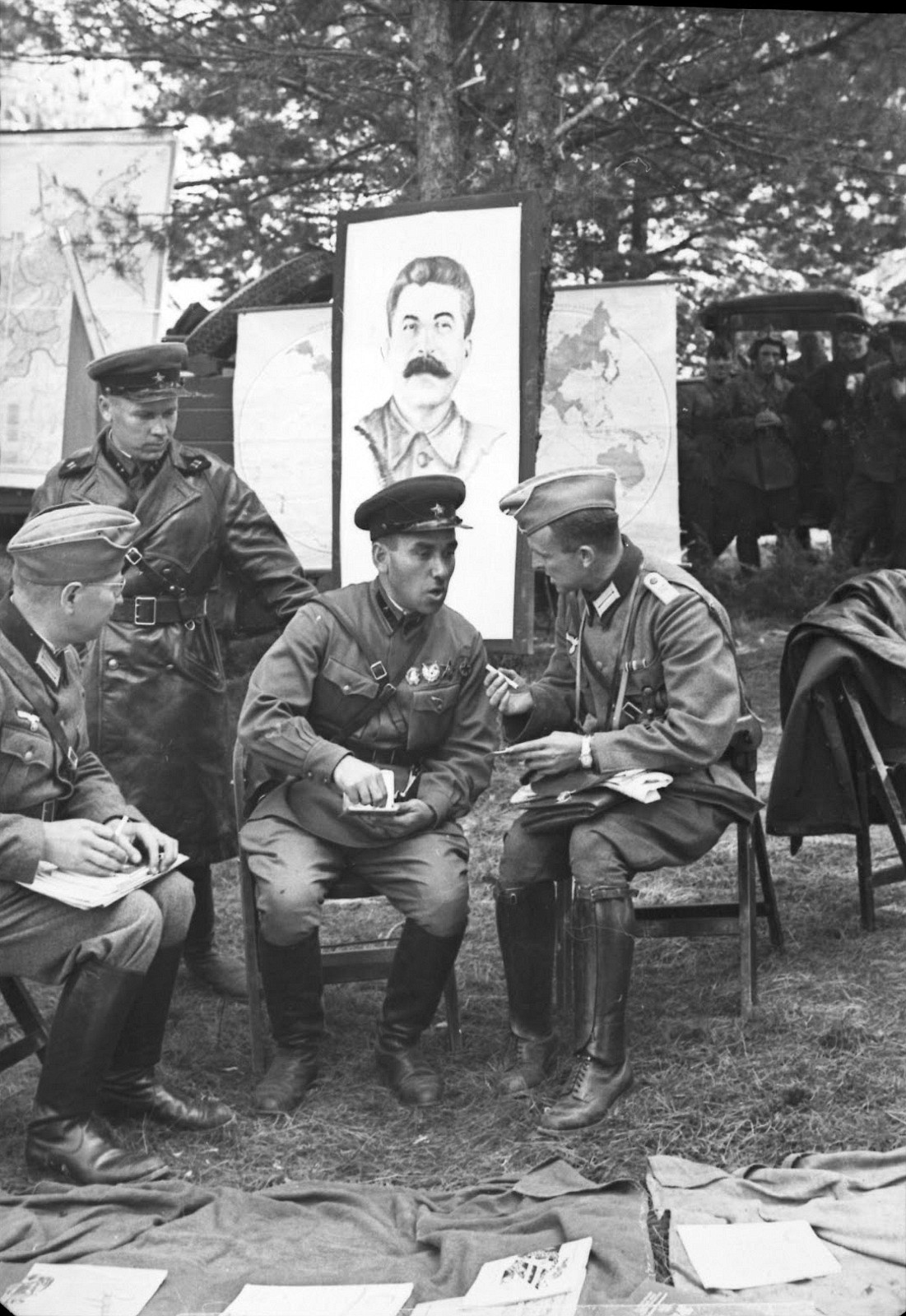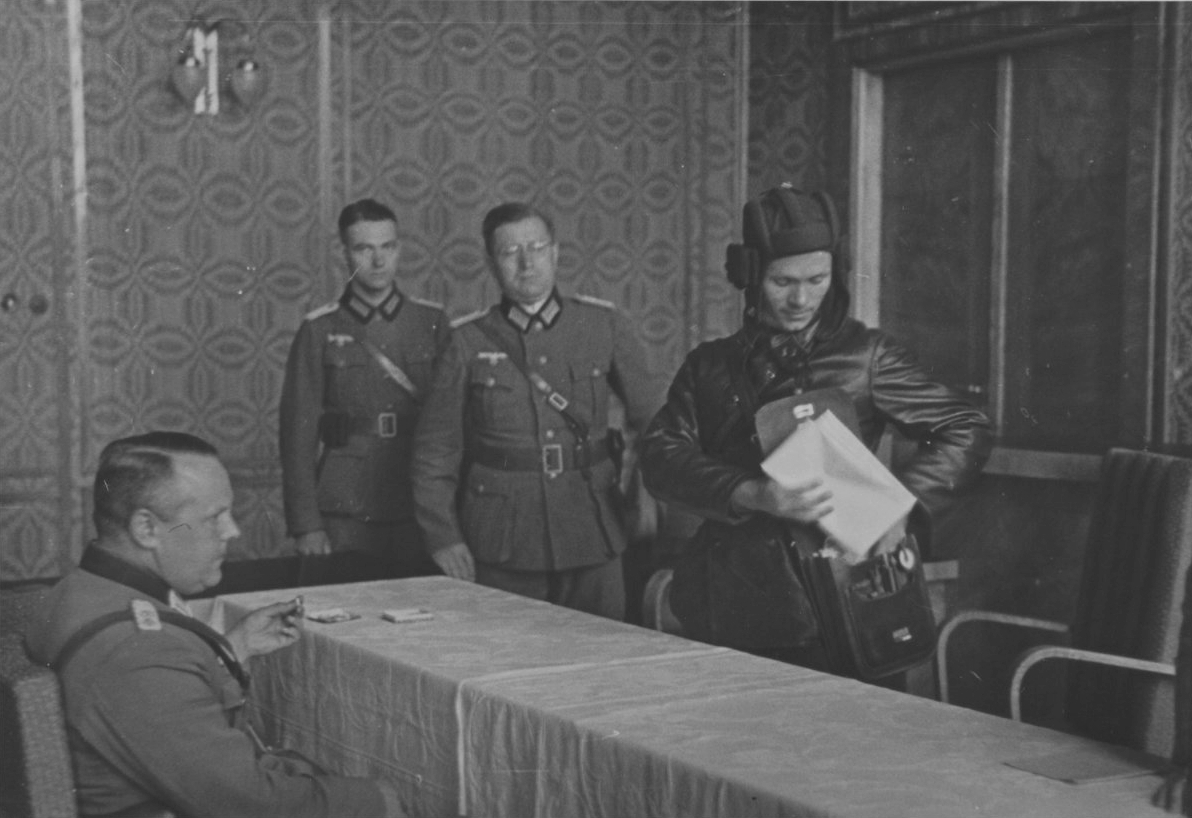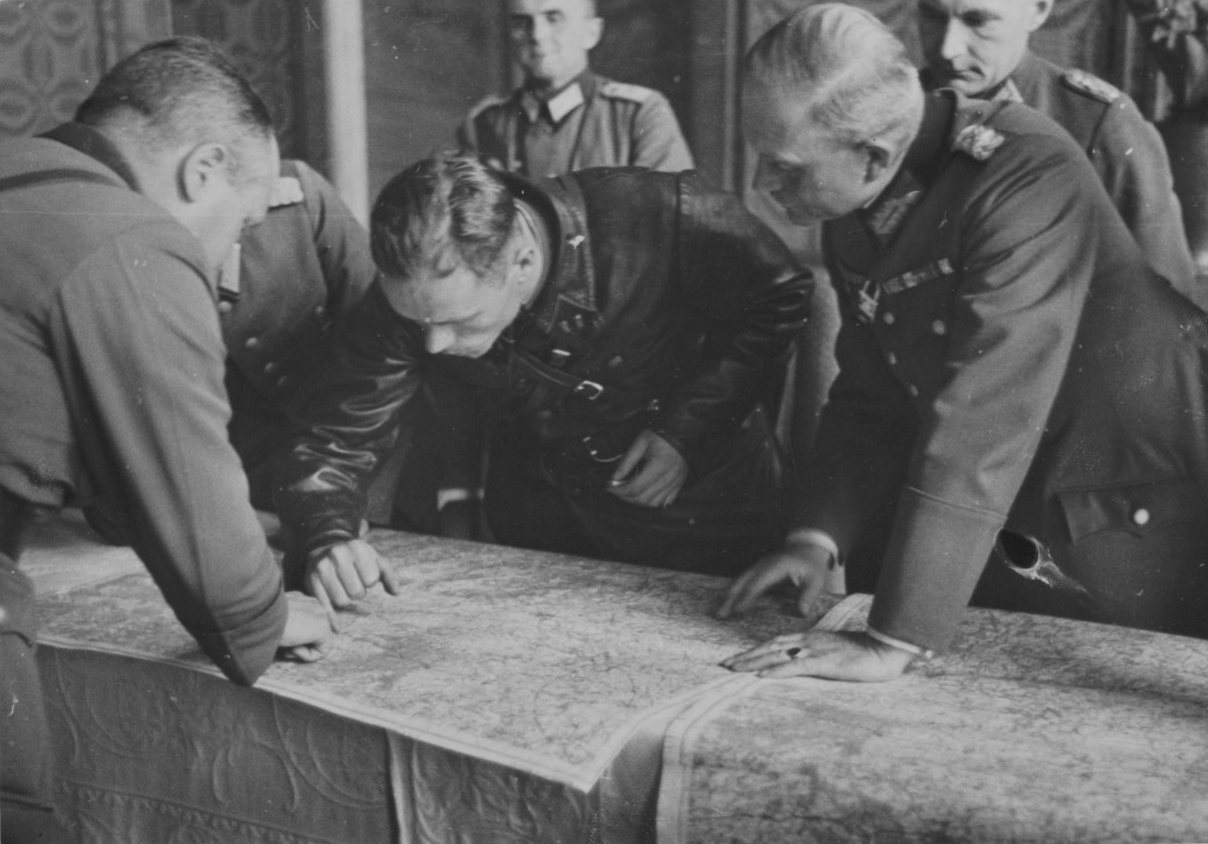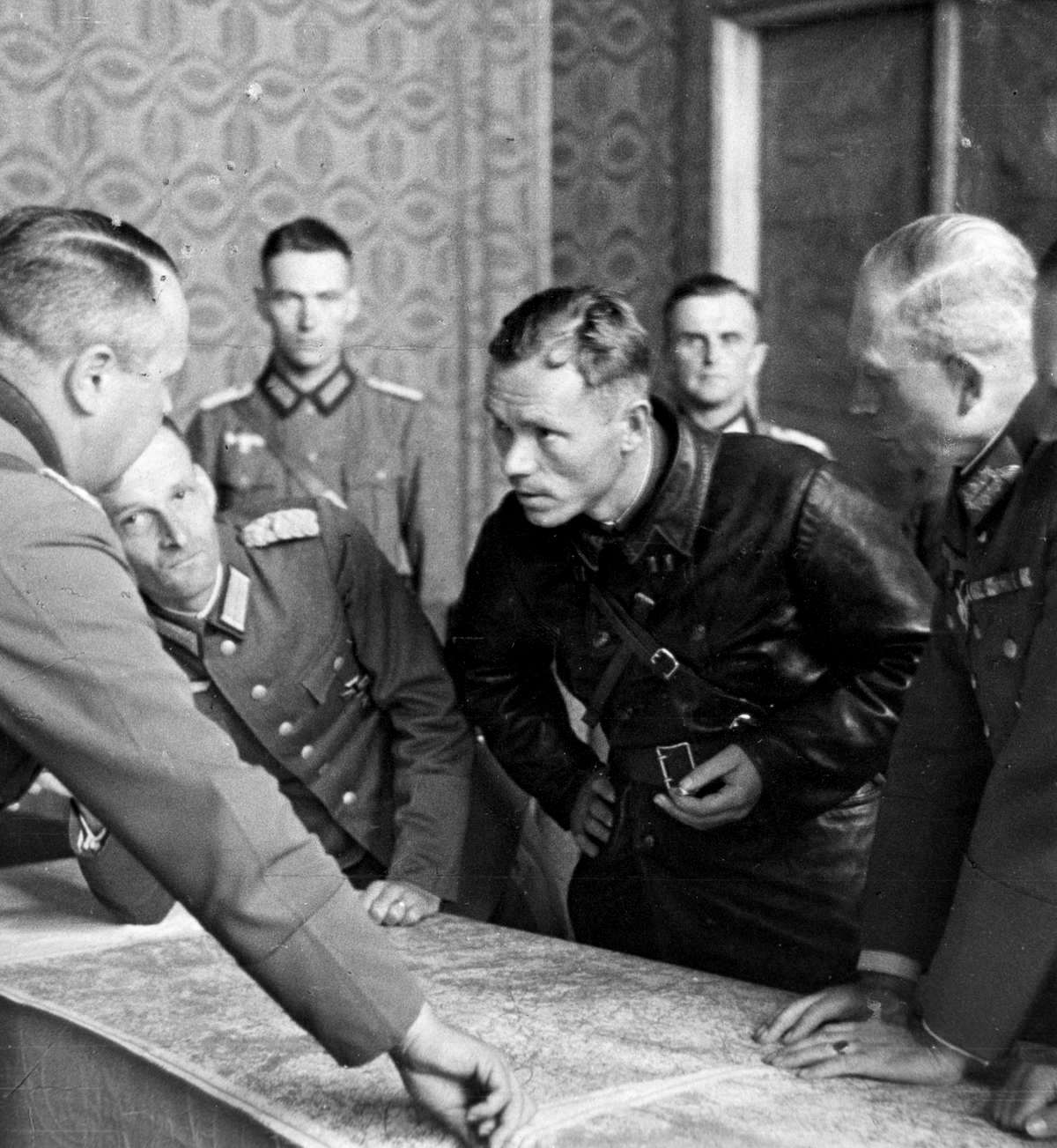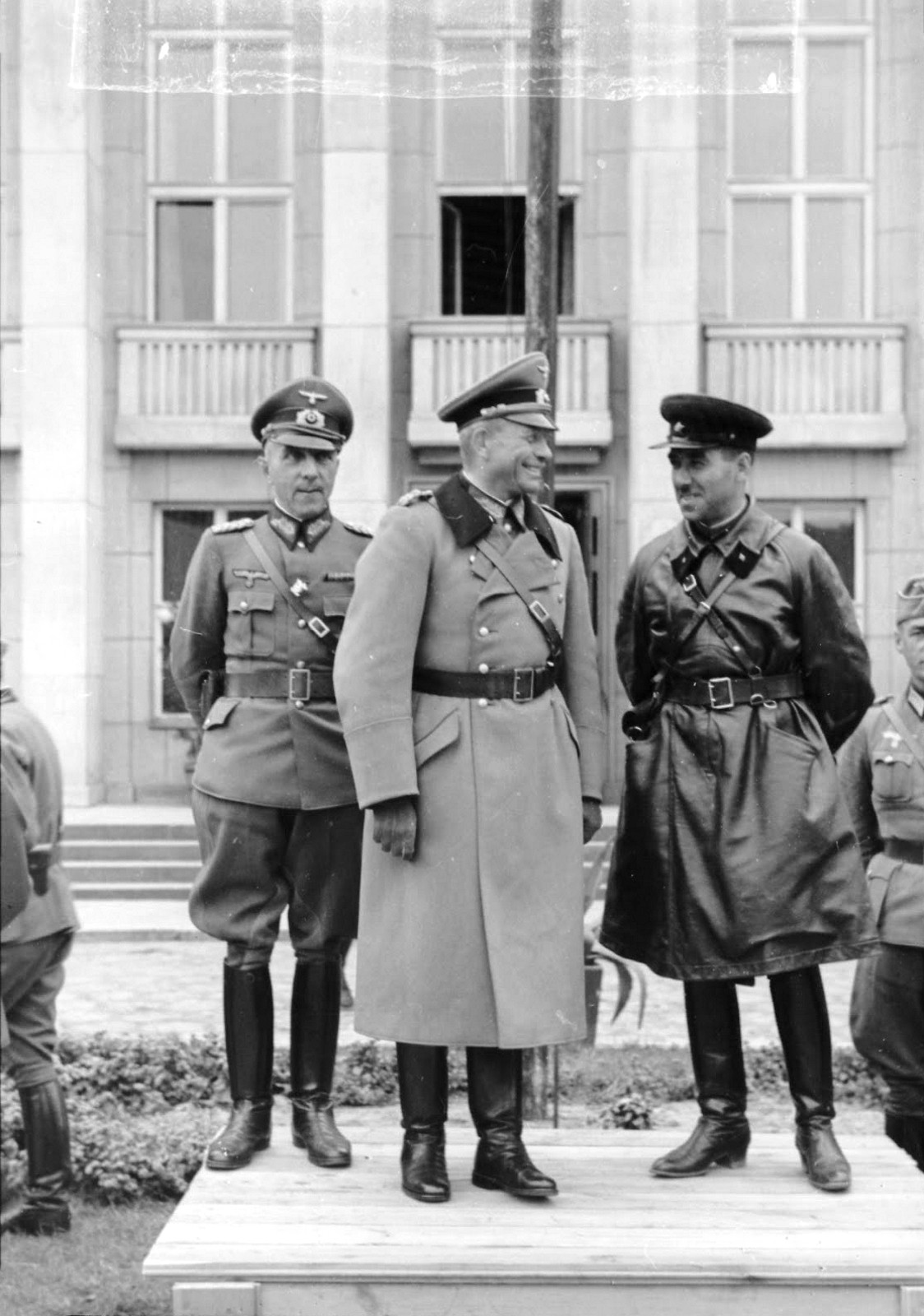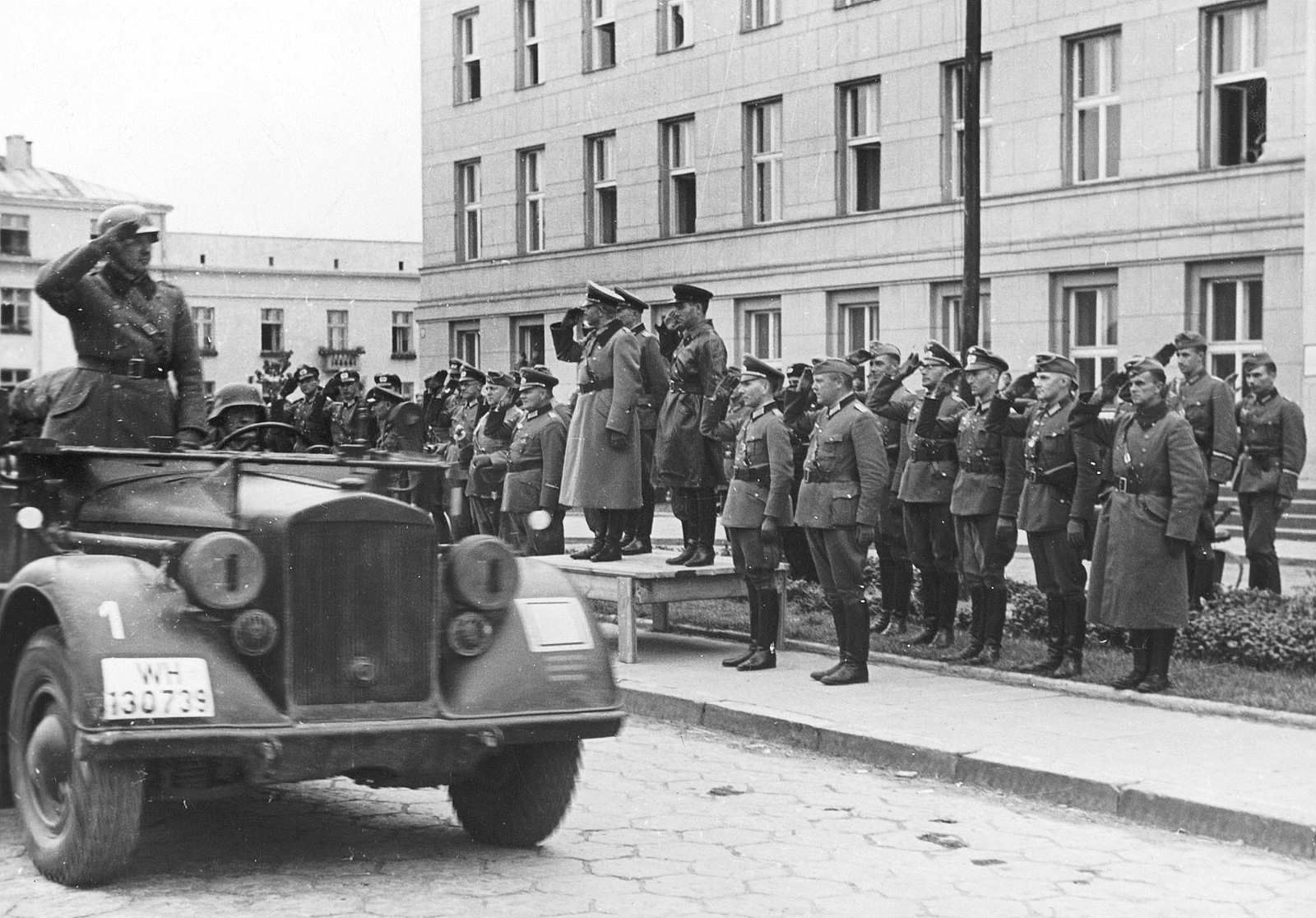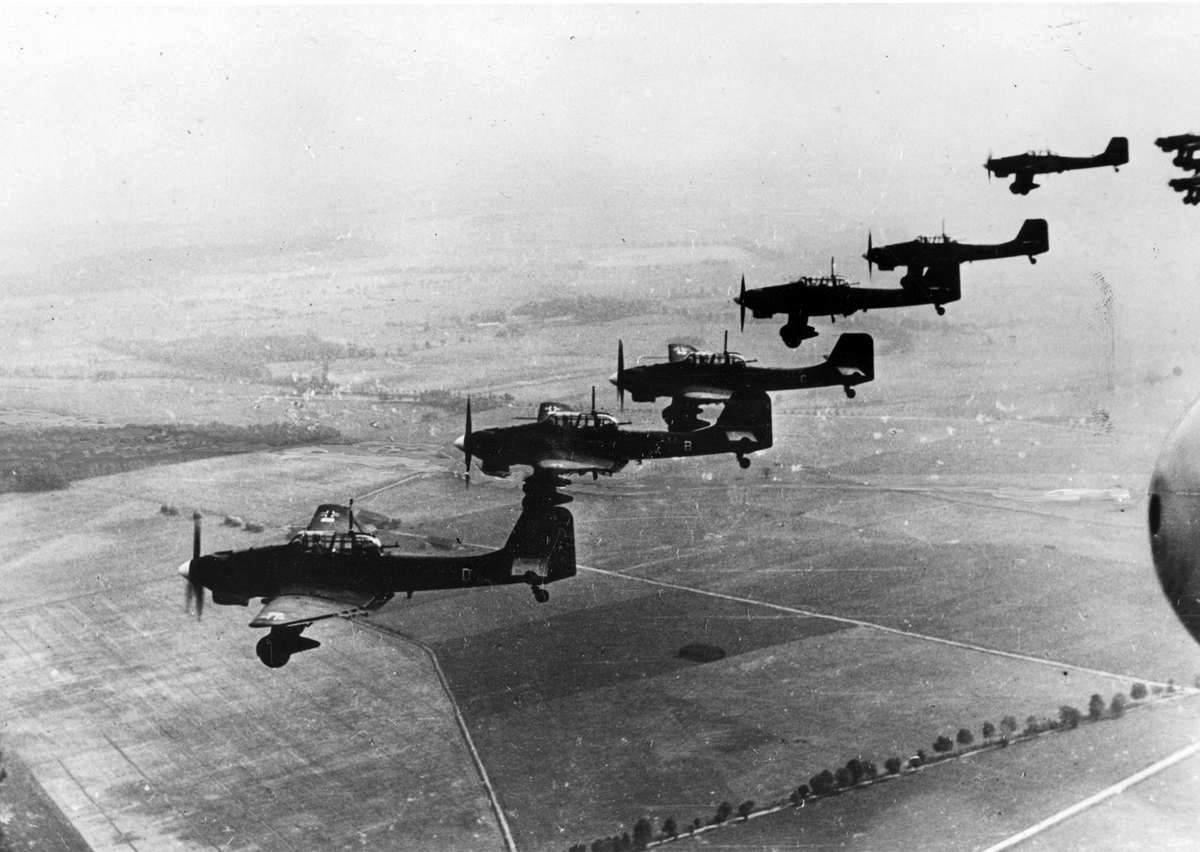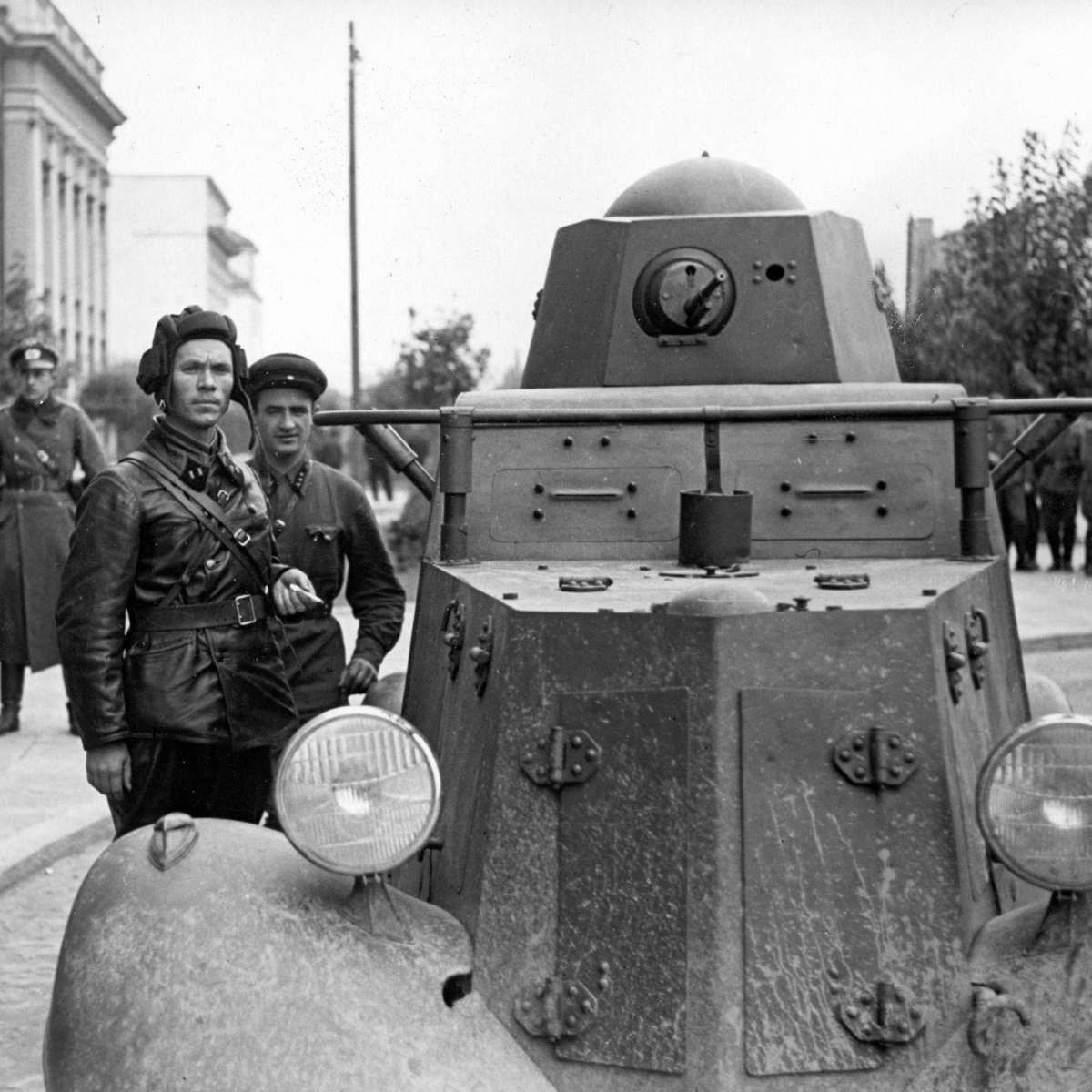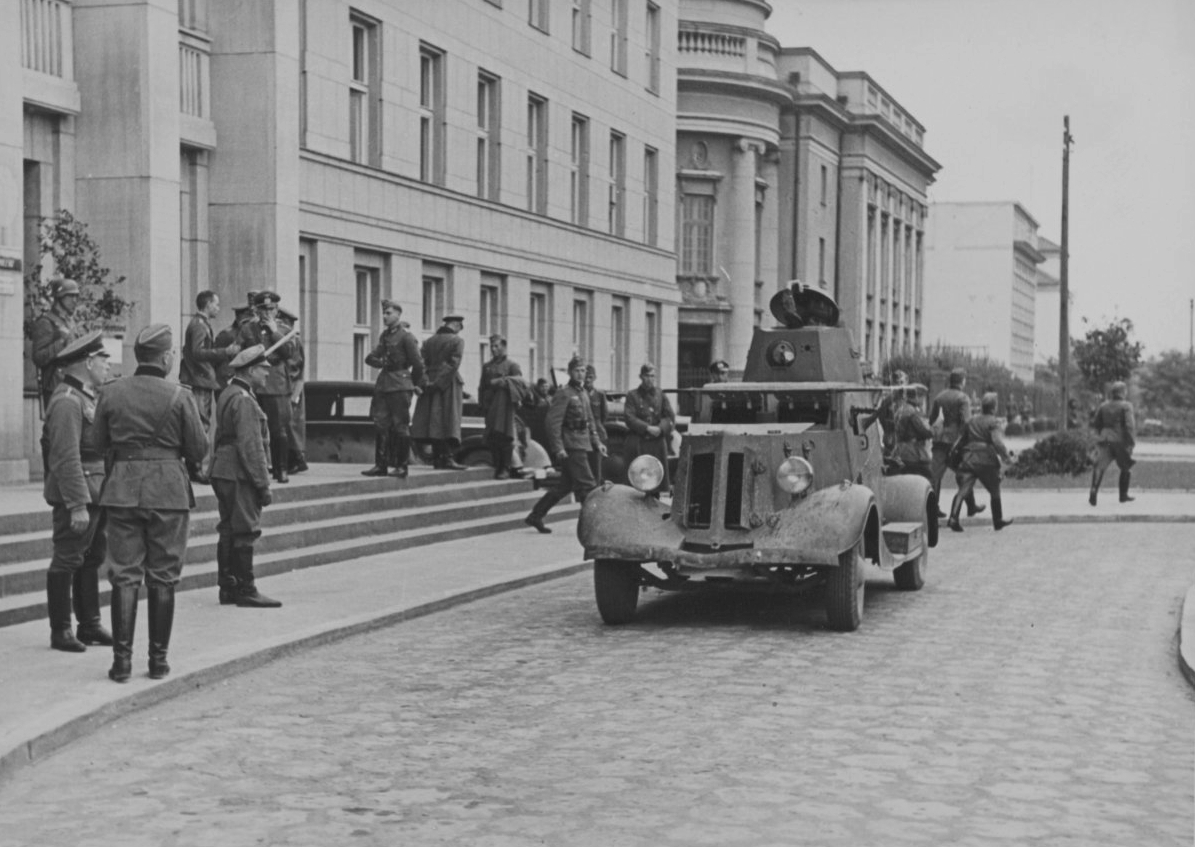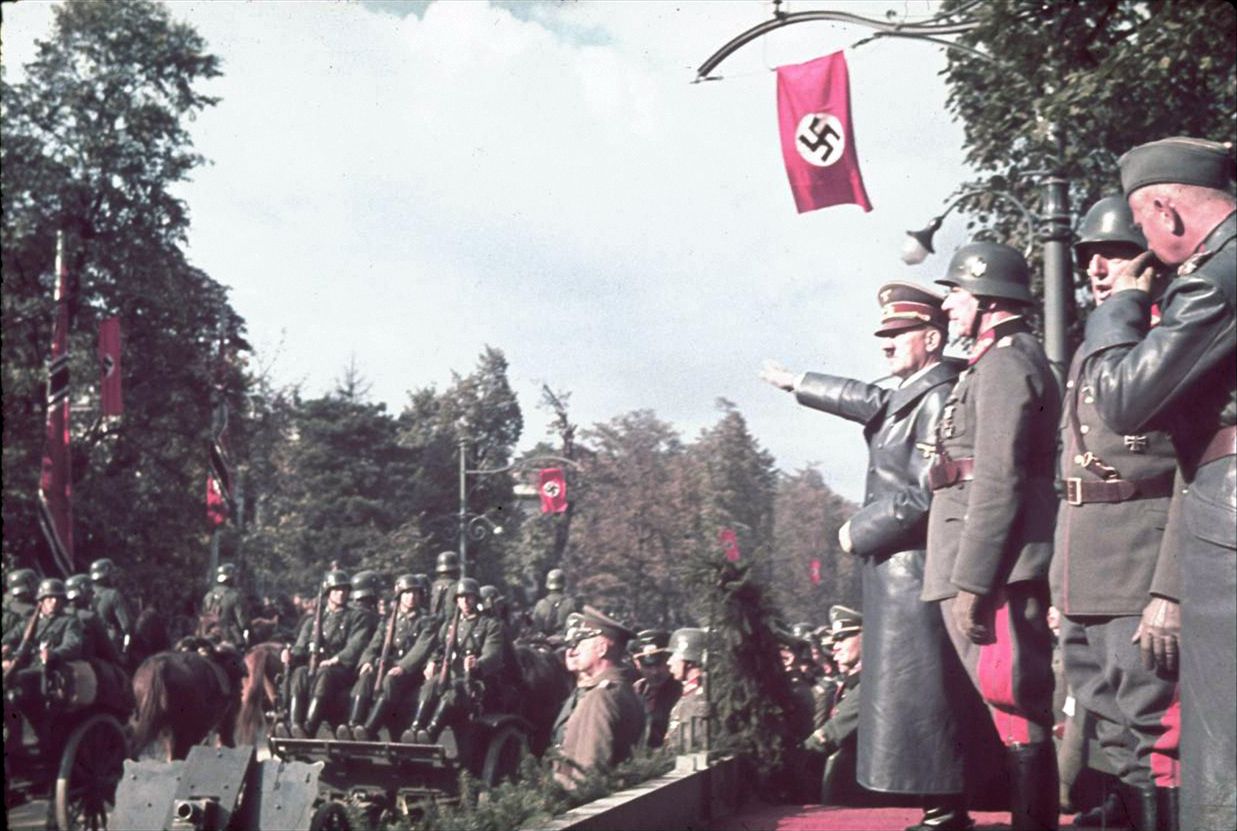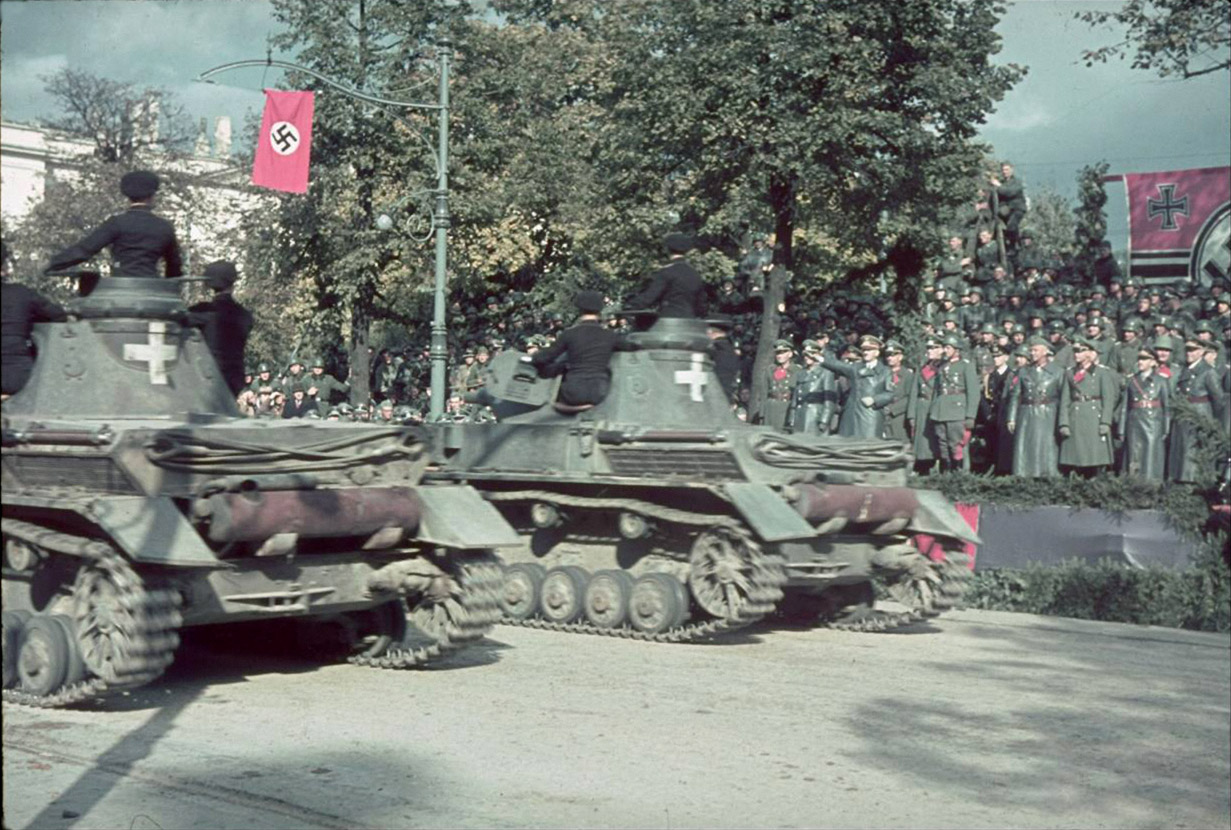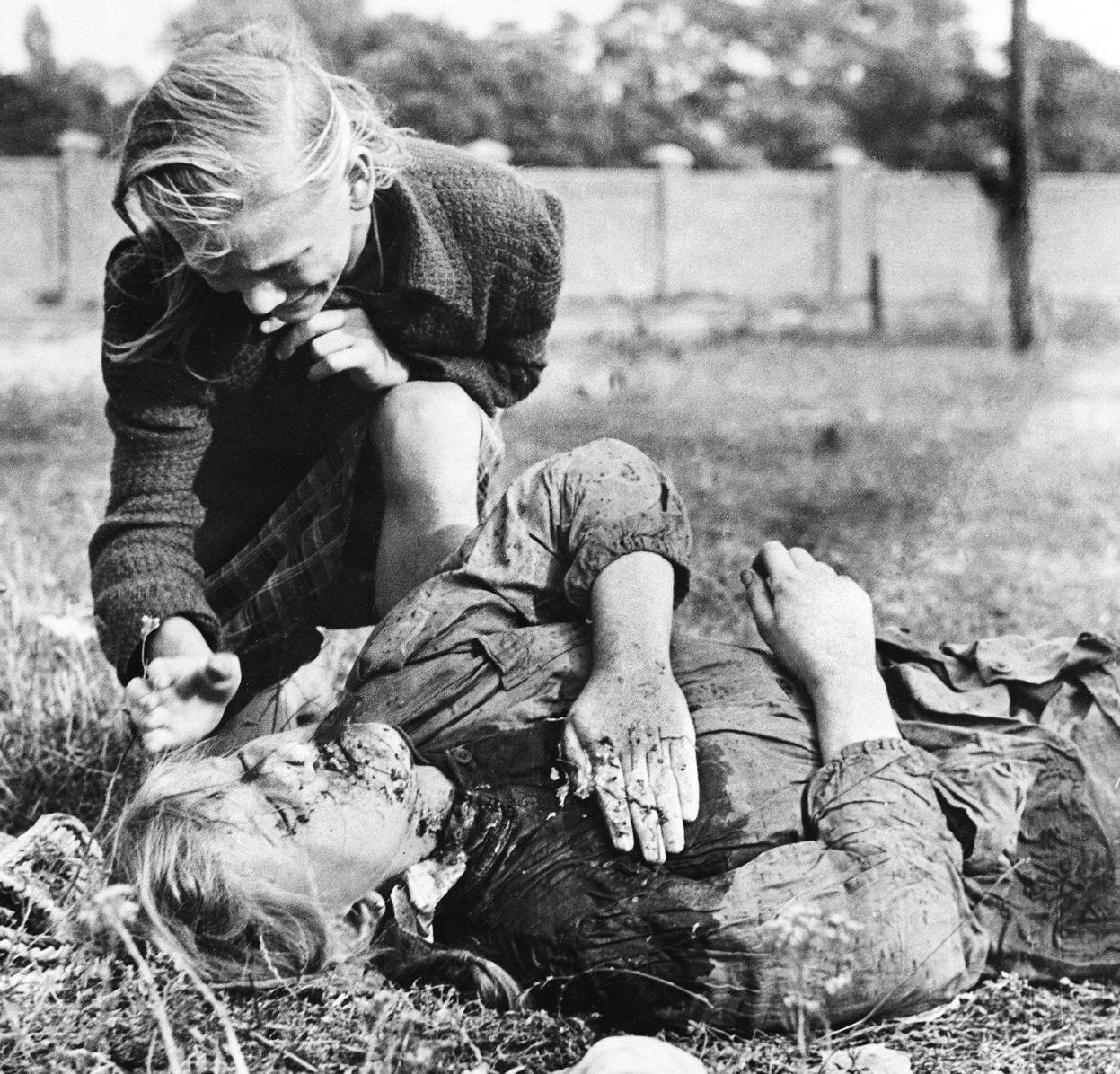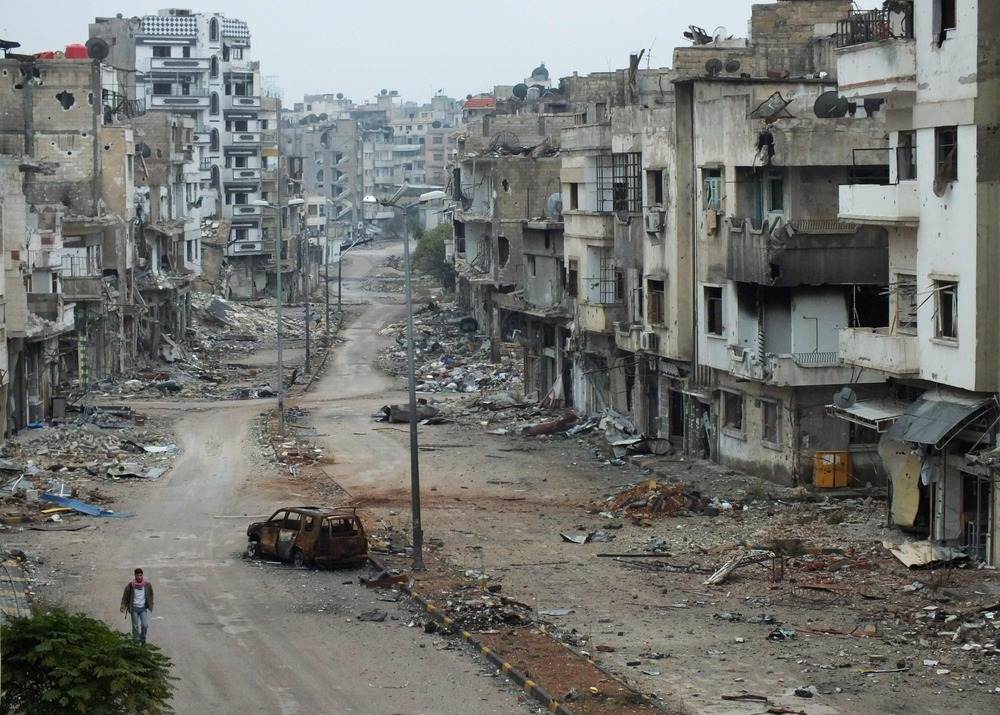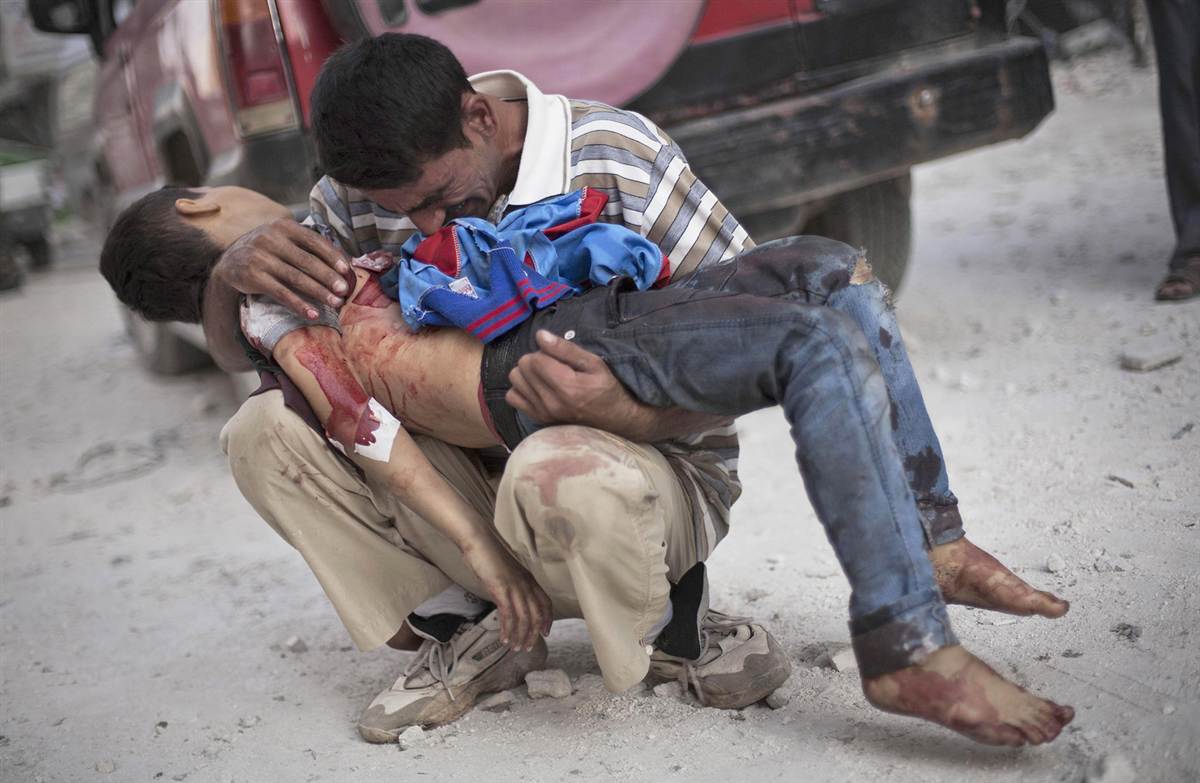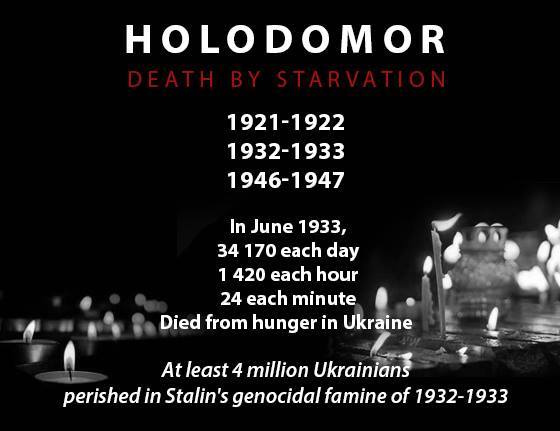Many people forget that Stalin's Soviet Union and Hitler's Third Reich were allies in the beginning of the World War II. This week includes an anniversary the Kremlin didn’t want anyone to mark or even remember: 77 years ago yesterday in Brest, soldiers and officers from Hitler’s Wehrmacht and from Stalin’s Red Army staged a joint victory parade following the occupation and dismemberment of Poland that marked the beginning of World War II in Europe.
As one Russian commentator put it, “in Soviet history there were many disgraceful and shameful ages, which Soviet historians never acknowledged officially. One of these shameful pages was the Soviet-Fascist parade in Brest after the joint seizure of Poland.”
That action became possible thanks to the Molotov-Ribbentrop Pact which made Hitler’s Germany and Stalin’s Soviet Union allies in redrawing the map of Eastern Europe, an action that continues to cast a shadow on the continent regardless of whether the Kremlin is prepared to face the truth of the matter.
There are many ways in which this is so, but today, Ukrainian commentator Ihor Isayev points to one of the most important: moving Central Europeans away from viewing September 1939 as a series of individual tragedies dividing them and recognizing their common victimhood.
And now, he suggests, Ukraine has a chance to help promote that shift and introduce itself as a full-fledged member of “the Central European political discussion about the past,” something many in Kyiv have talked about for some time but that until two weeks ago, no one at the senior level had taken the necessary steps.
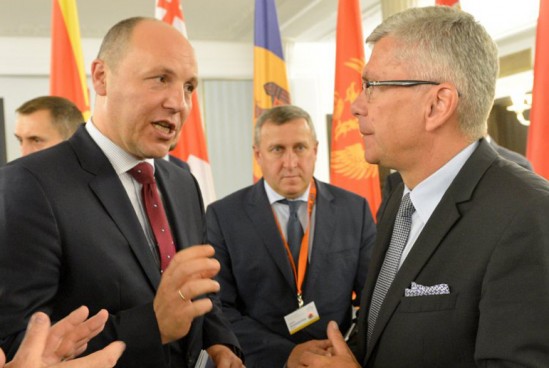
(Image: dsnews.ua)
During a visit to Poland earlier this month, Andrey Parubyi, the speaker of Ukraine’s Verkhovna Rada called on the Polish and Lithuanian parliaments to join with the Ukrainian one in making a join assessment of the impact of Molotov-Ribbentrop Pact and the division of Poland on all of them.
He said:
Although there was no immediate response, Isayev says that the speaker’s proposal was a good one because it “stressed the commonality of the fates of the peoples of East-Central Europe in the 20th century” and represented a clear effort by Ukraine to join the diplomatic and political efforts of Poland and the Baltic states that were behind the European Day of Remembrance for Victims of Stalinism and Nazism.
Joint Soviet-Nazi military parade in Poland. The history of Russian aggression.
During the period of the Soviet occupation, Moscow and its communist allies sought to keep the peoples of the region from cooperating by pointing out that each had benefited in some way from Soviet actions. But now, Isayev says, “Poland and Lithuania have been able to stress not mutual problems but a common memory which gave them the chance” to work together.
“A common memory and a common wound are also an antidote to Russian propaganda” today which argues that “’if it weren’t for the USSR, Lithuania wouldn’t have received Vilnius and Ukraine would not have its current borders.” But in fact all three of these nations and others besides shared the status of victims of Soviet and Nazi cooperation and actions.
“This is a lesson for Ukraine,” Isayev continues. Like Poland and Lithuania, it should seek to stress the common features of the past of the three peoples rather than those things that have set them apart because there is still the risk that Moscow will try to play them off against one another to the loss of all.
And he concludes: “For Kyiv it is important together with its western neighbors to form a common historical discourse about the 20th century.”
First of all, this is a more effective approach internationally. Second, it helps bring the victims of Stalin and Hitler together. And third, it helps all these peoples to overcome the past that the two dictators inflicted on them.
Related:
- June 22, 1941 -- the day Hitler and Stalin ceased to be allies
- Top-6 Soviet World War II myths used by Russia today
- Soviet myths about World War II and their role in contemporary Russian propaganda
- Control over the past: Russia's archival policy and Second World War myths
- Putin policies threaten Moscow's control of two World War II trophy territories

